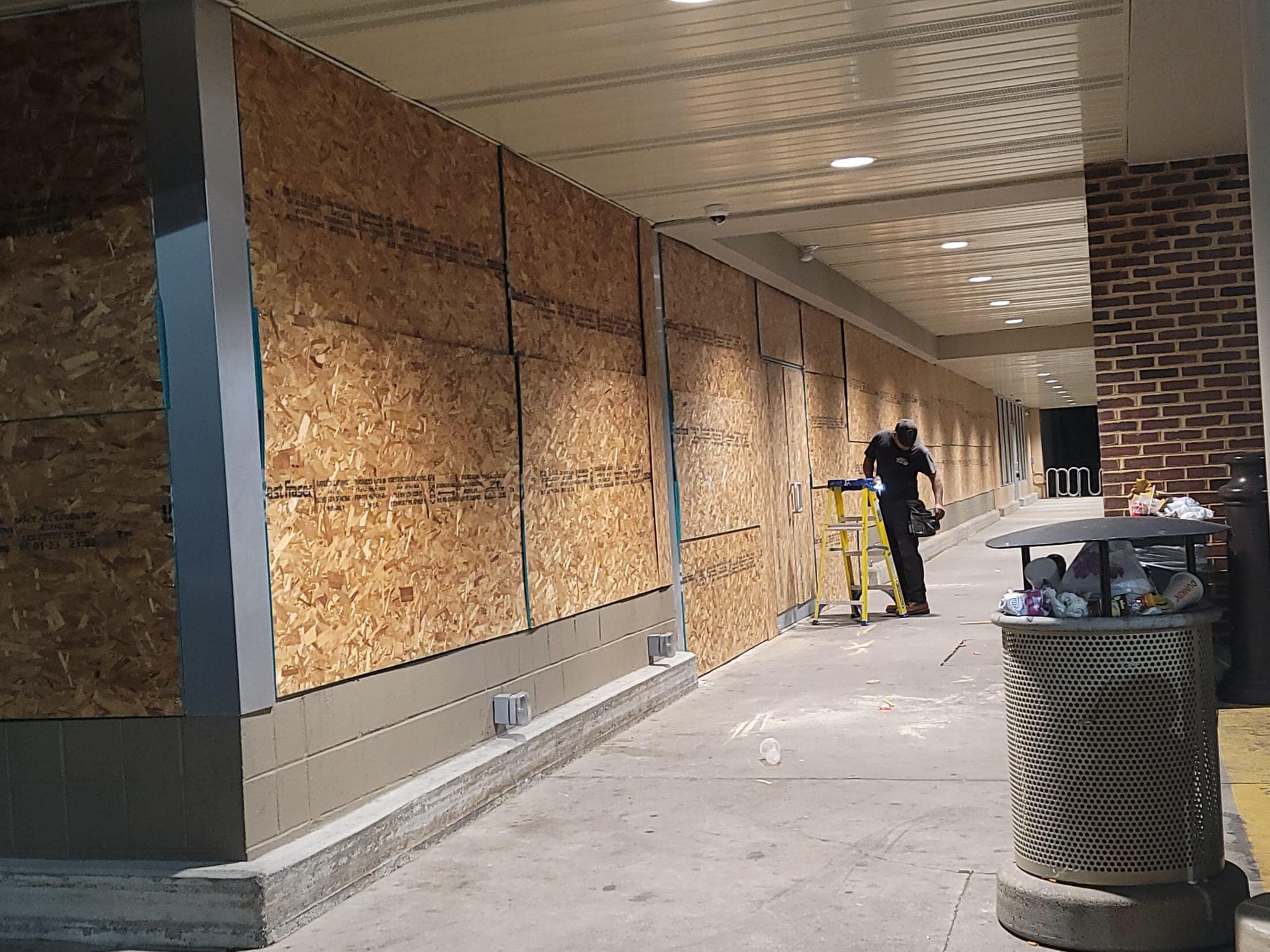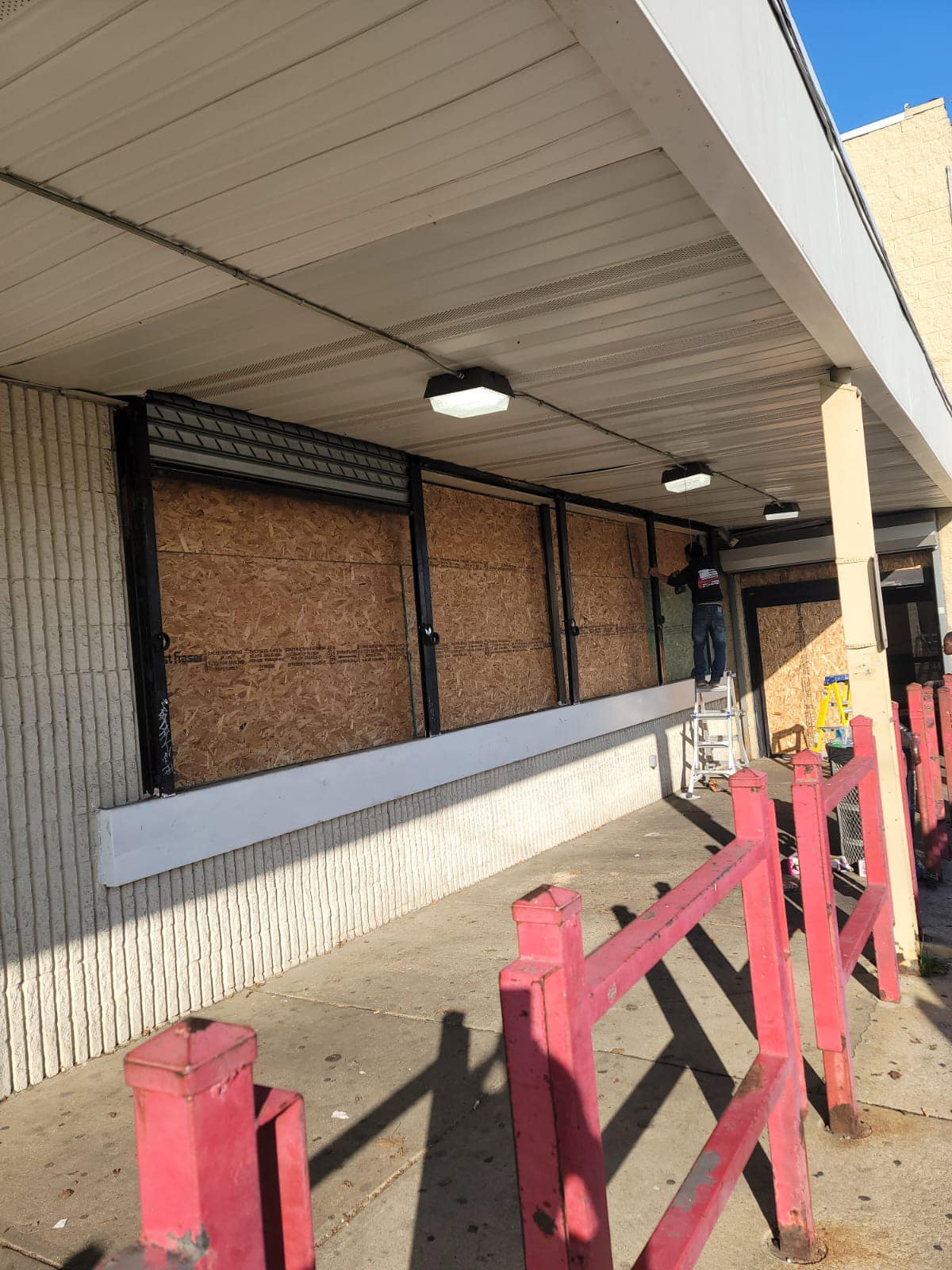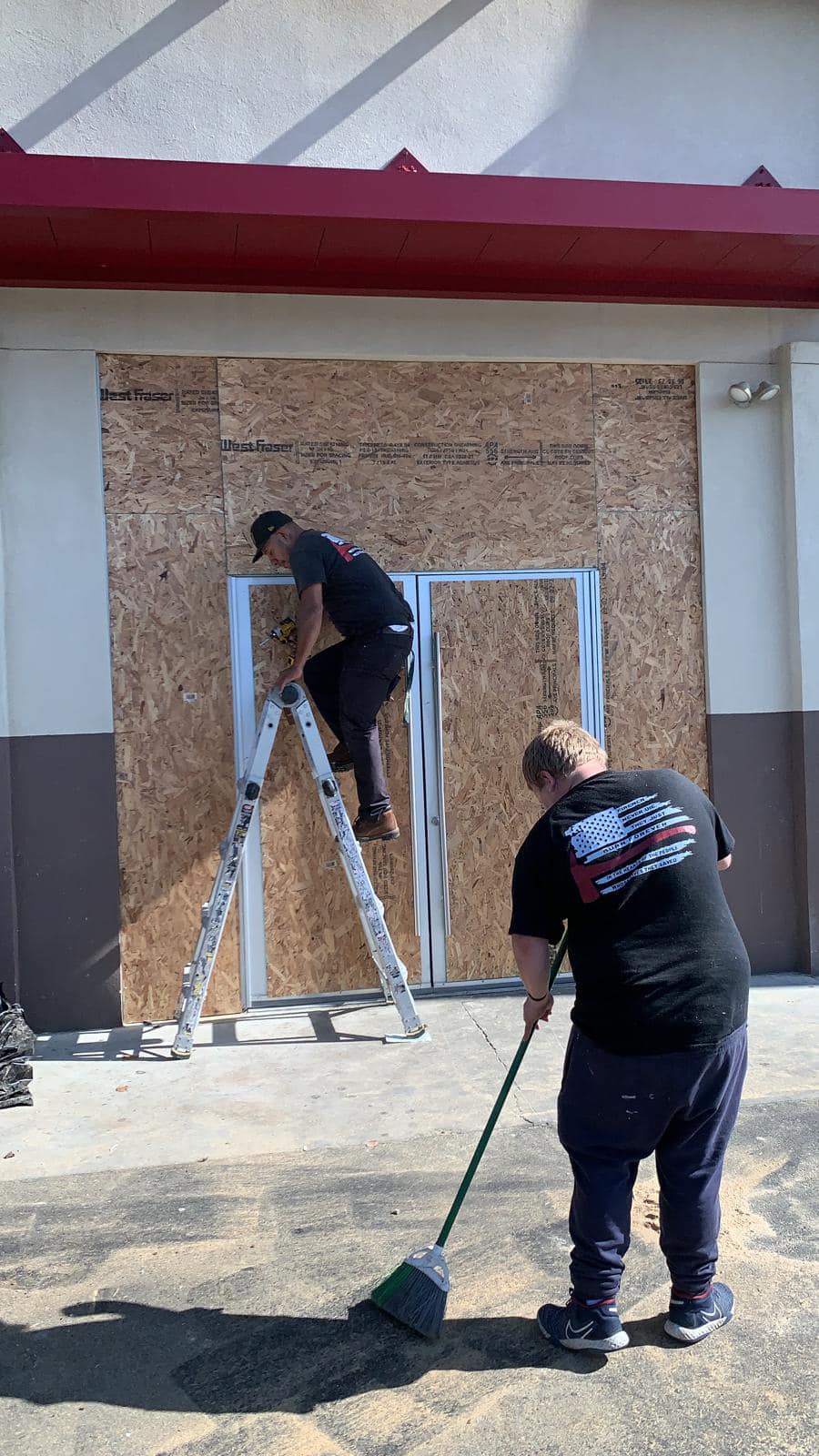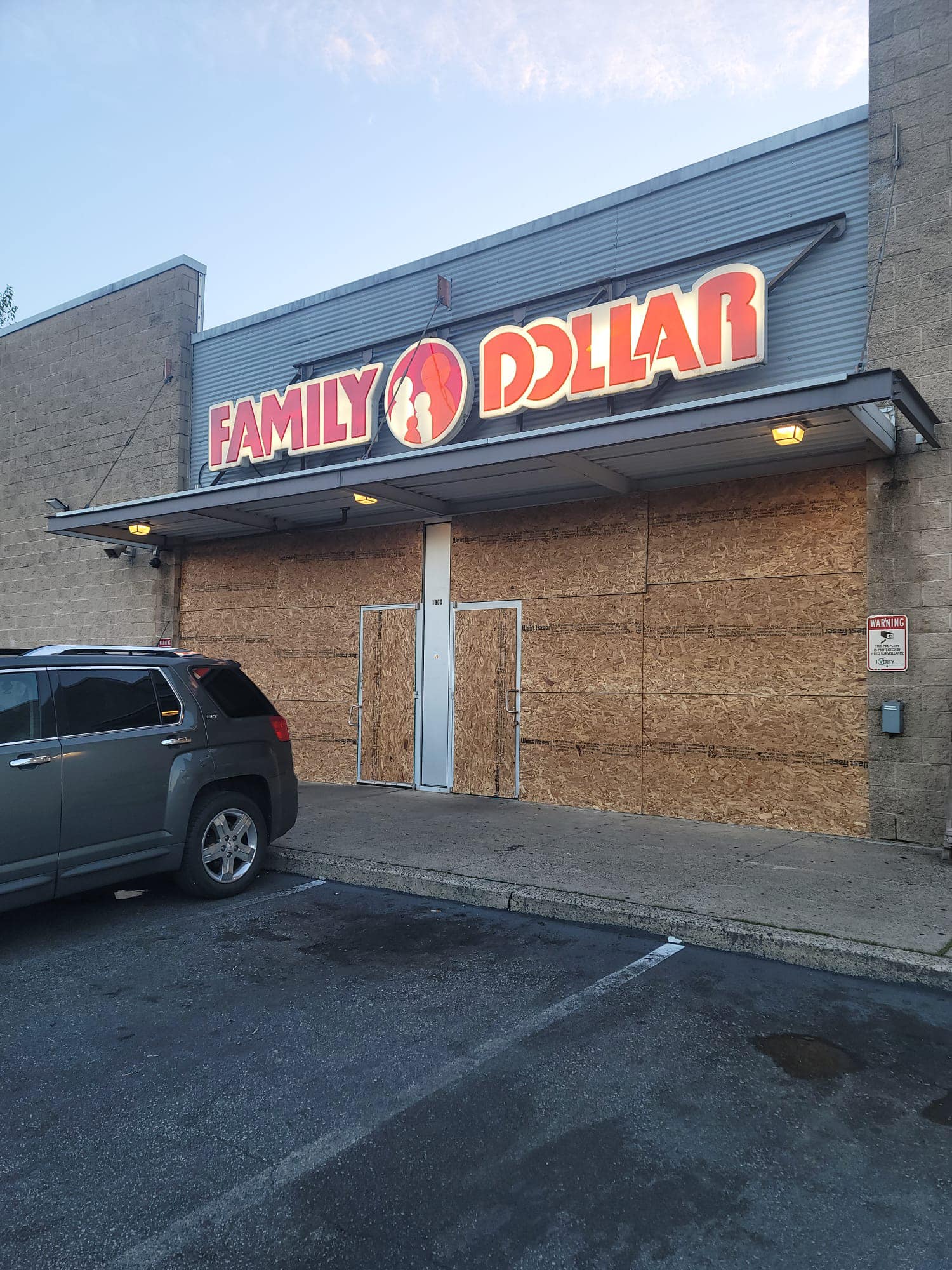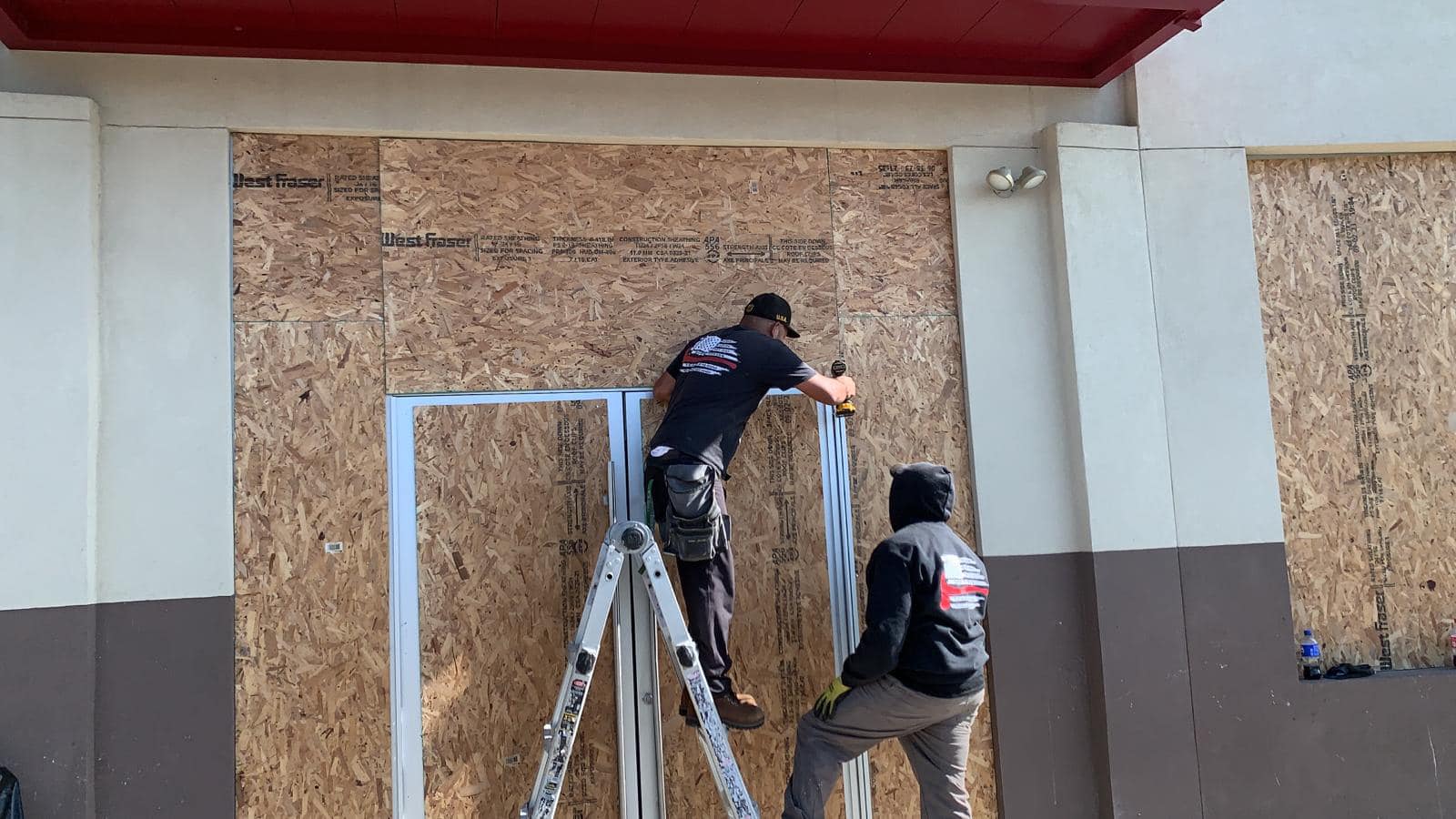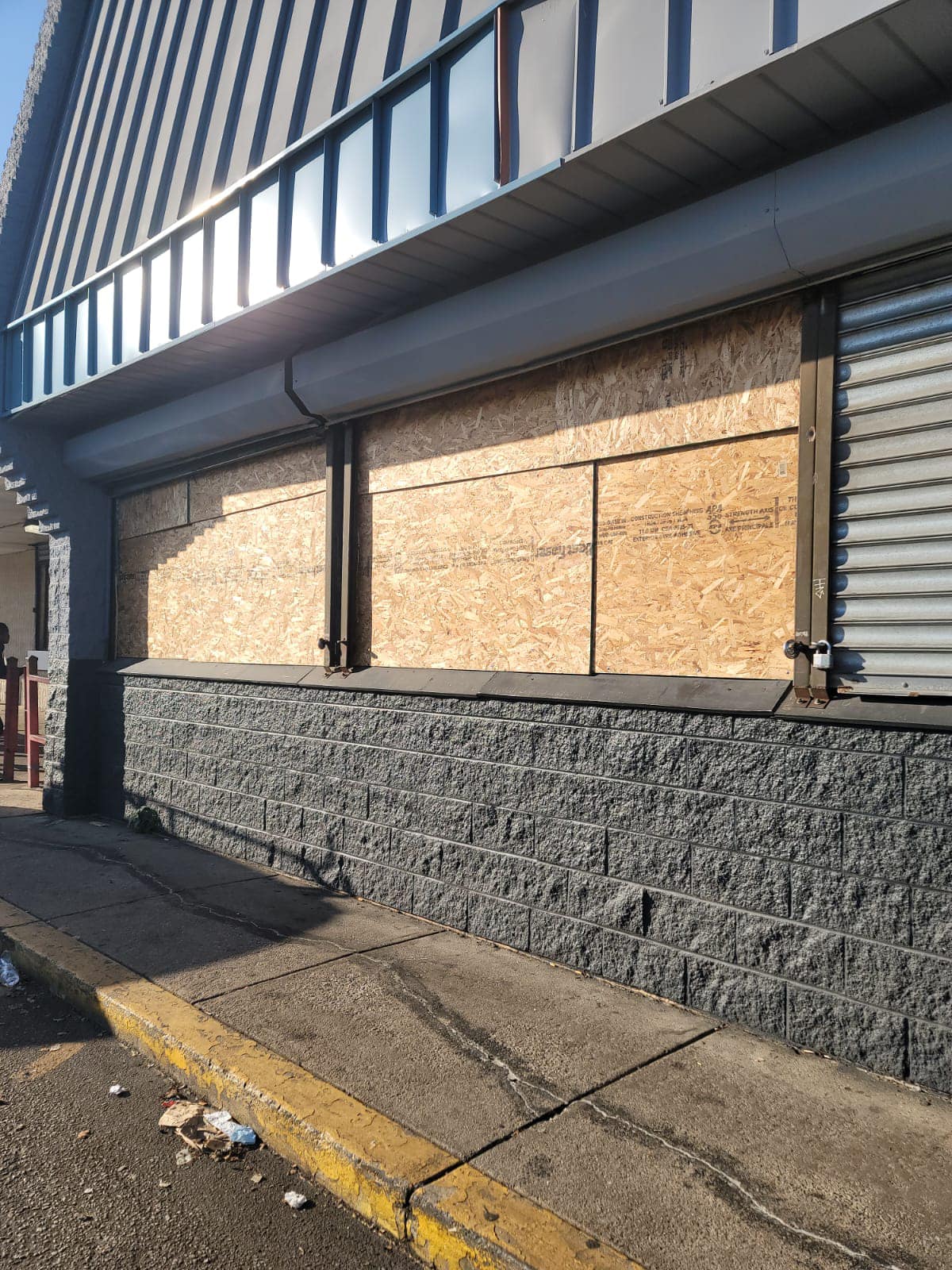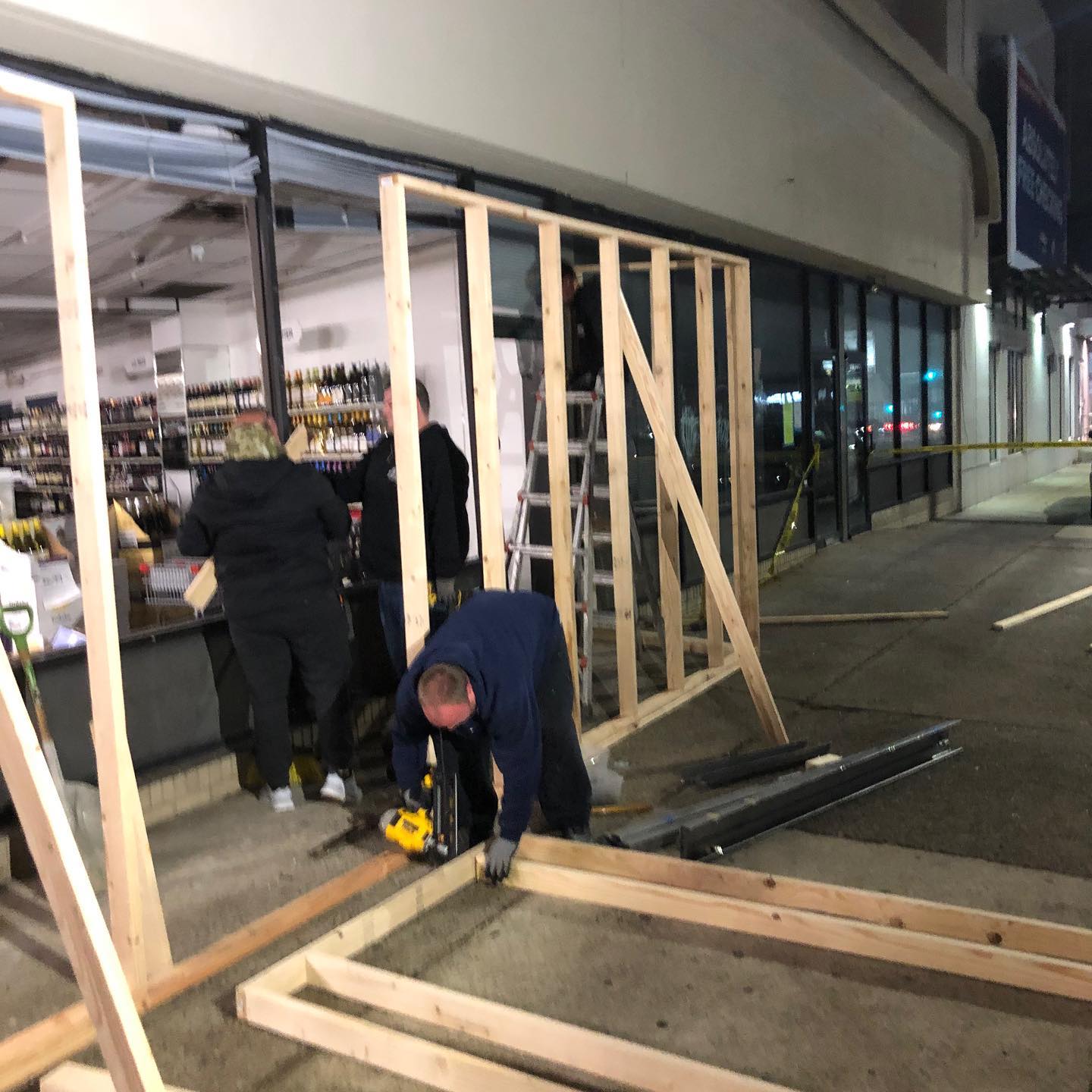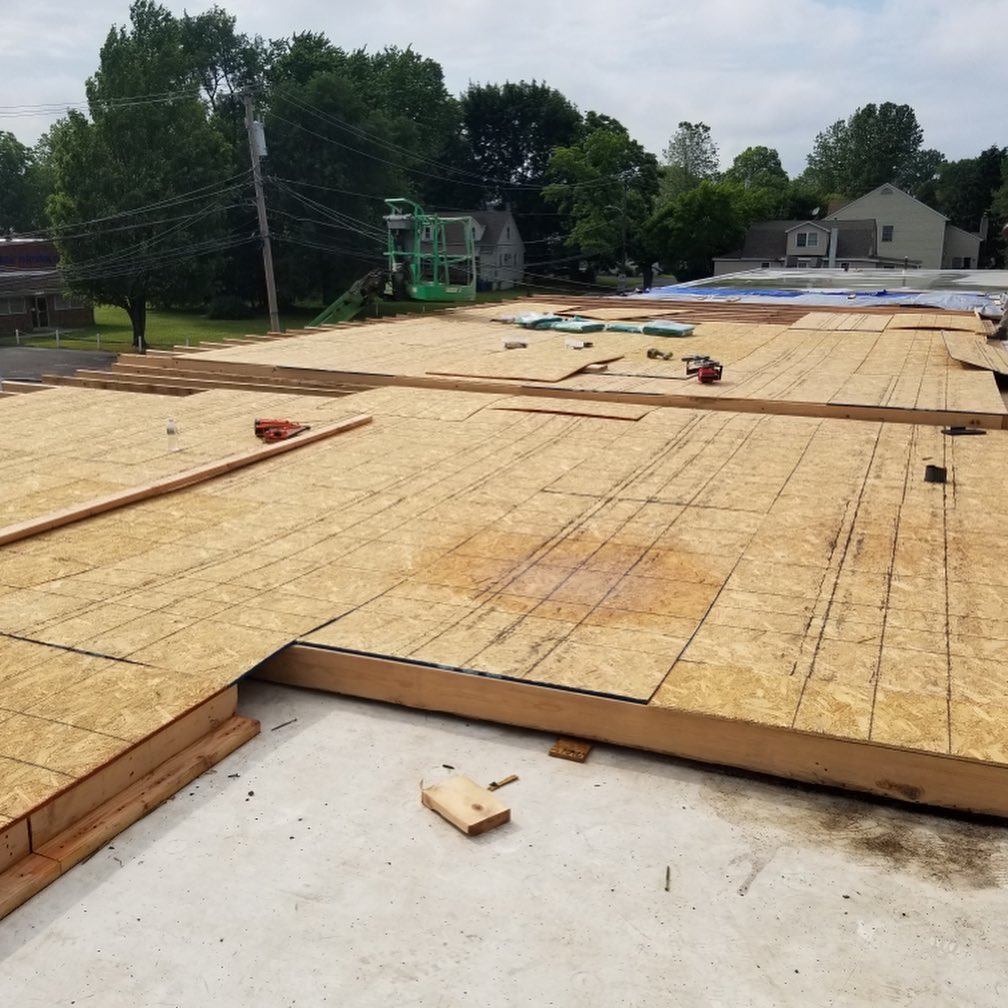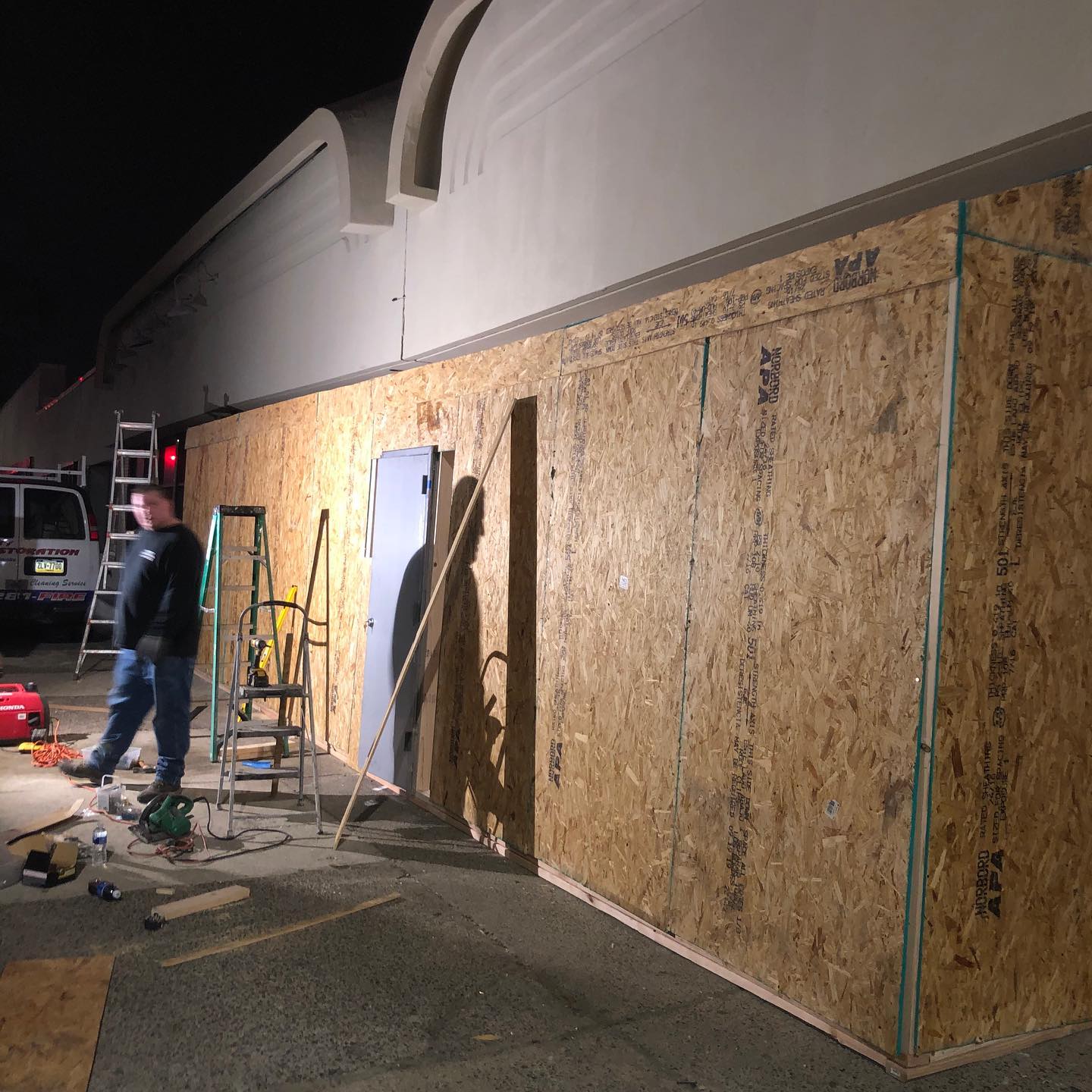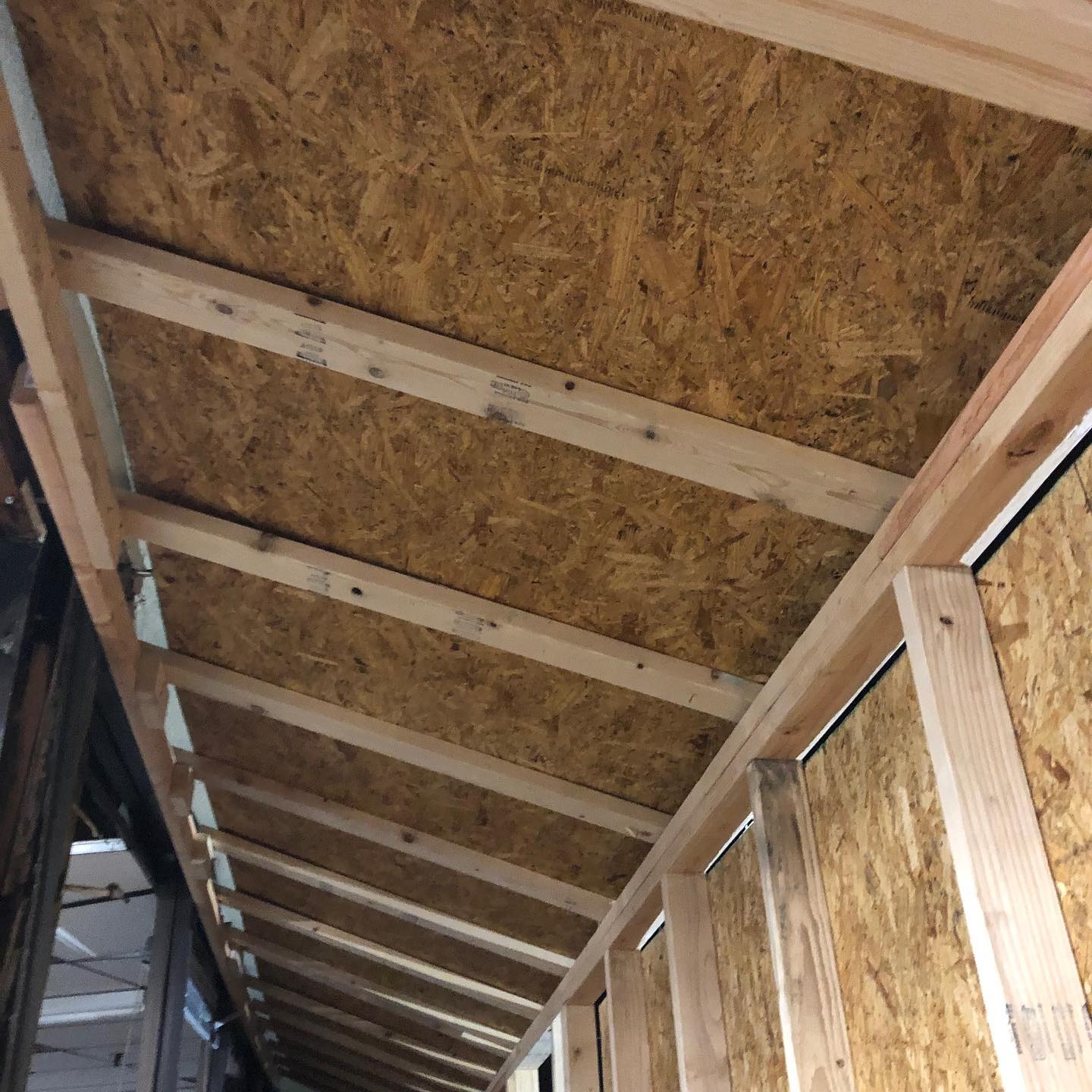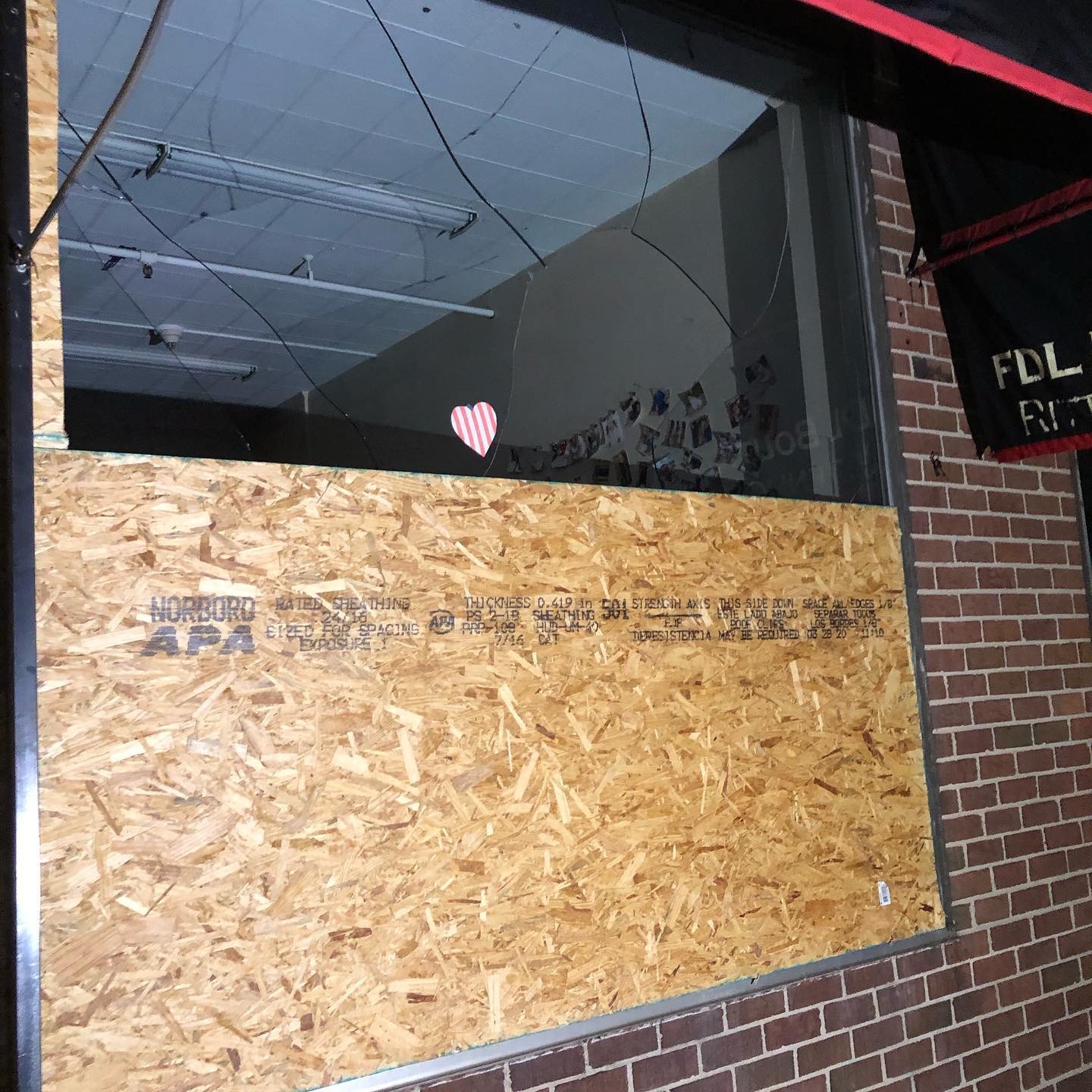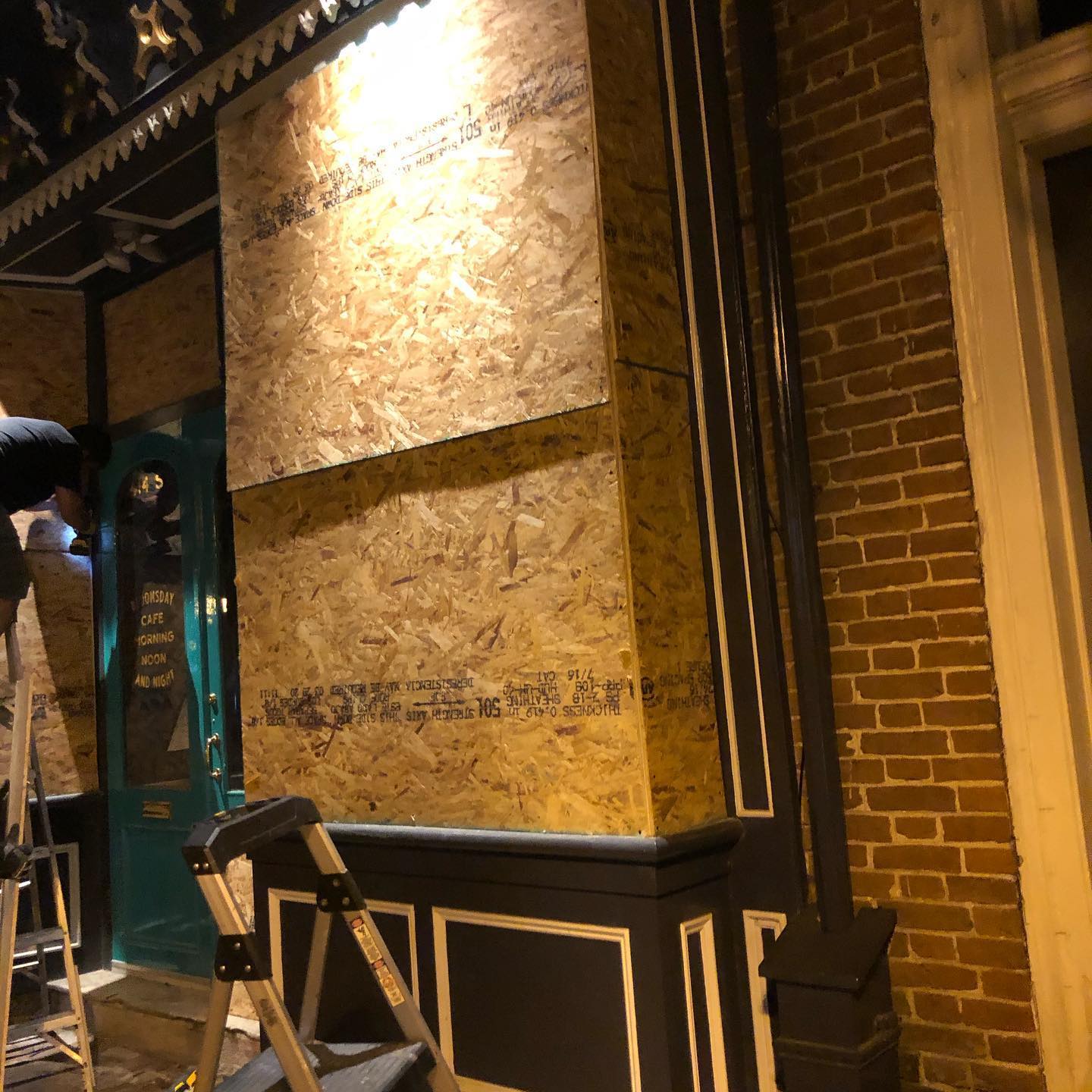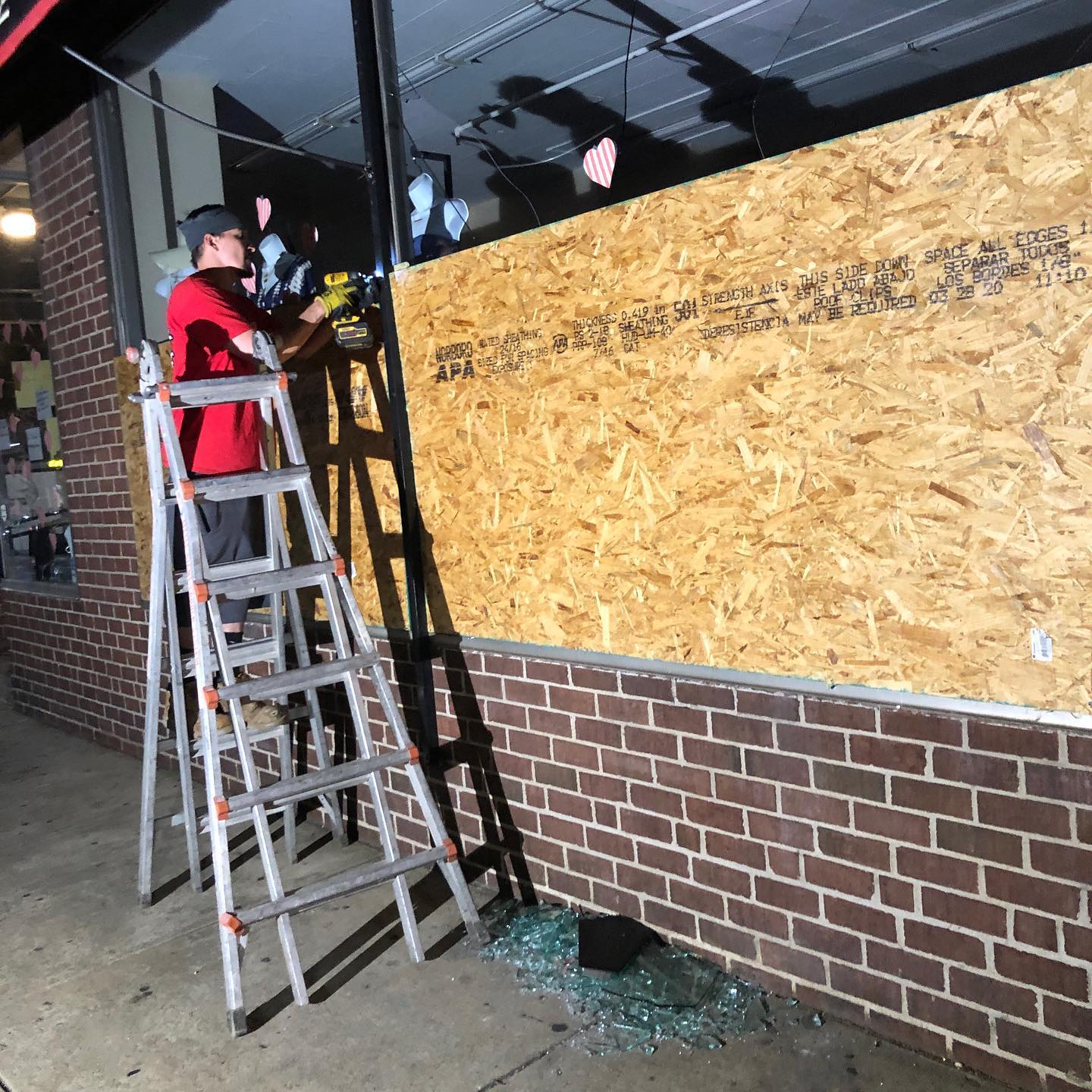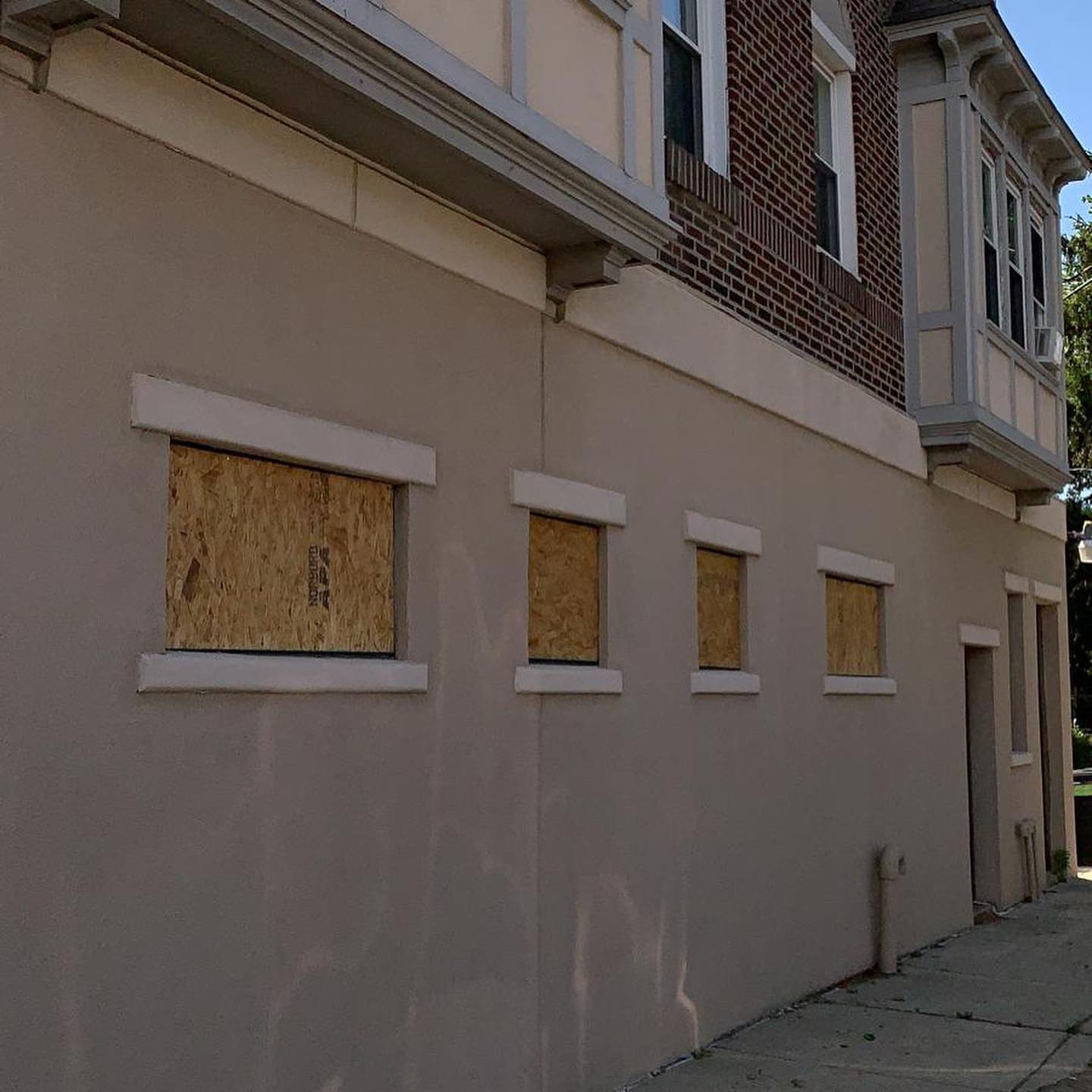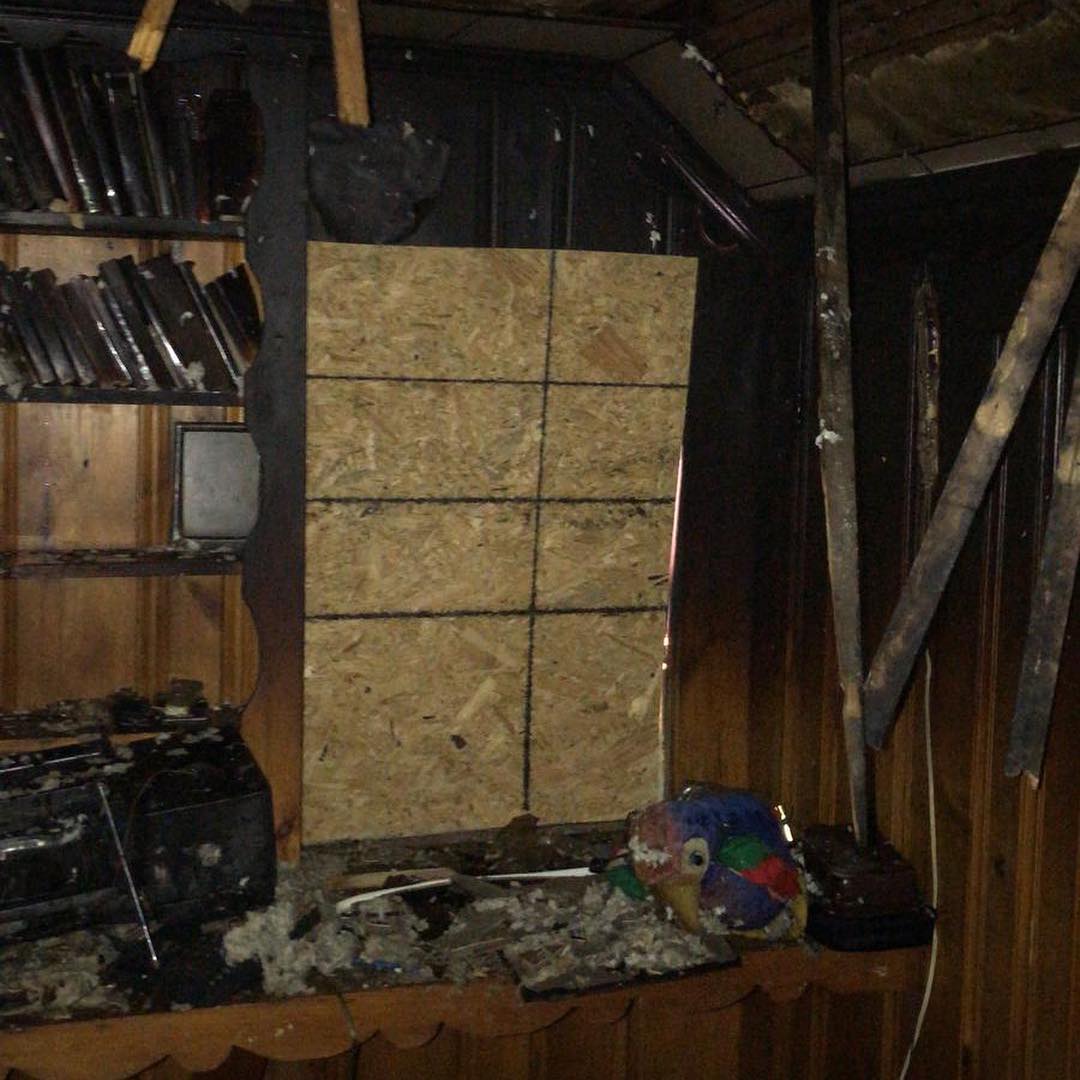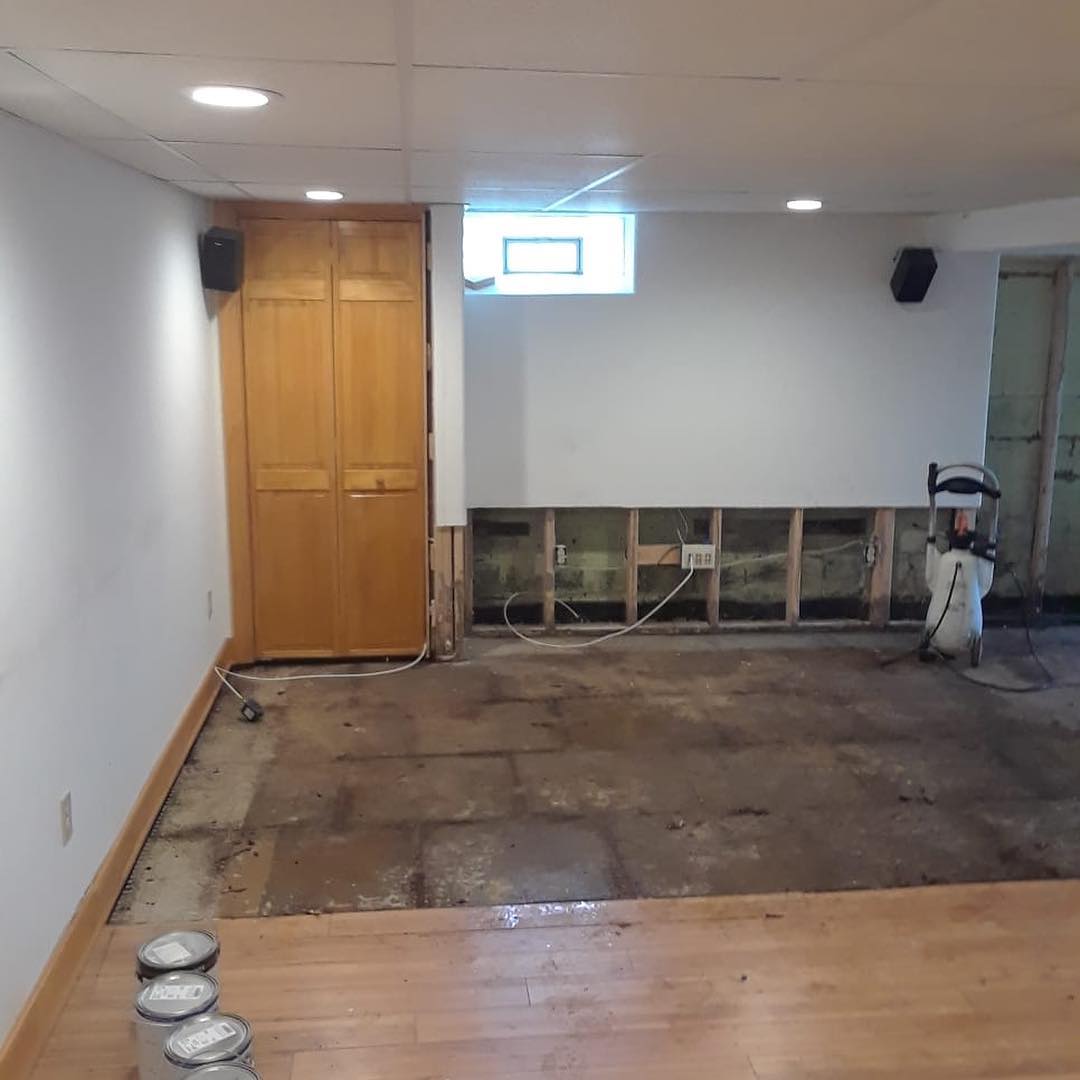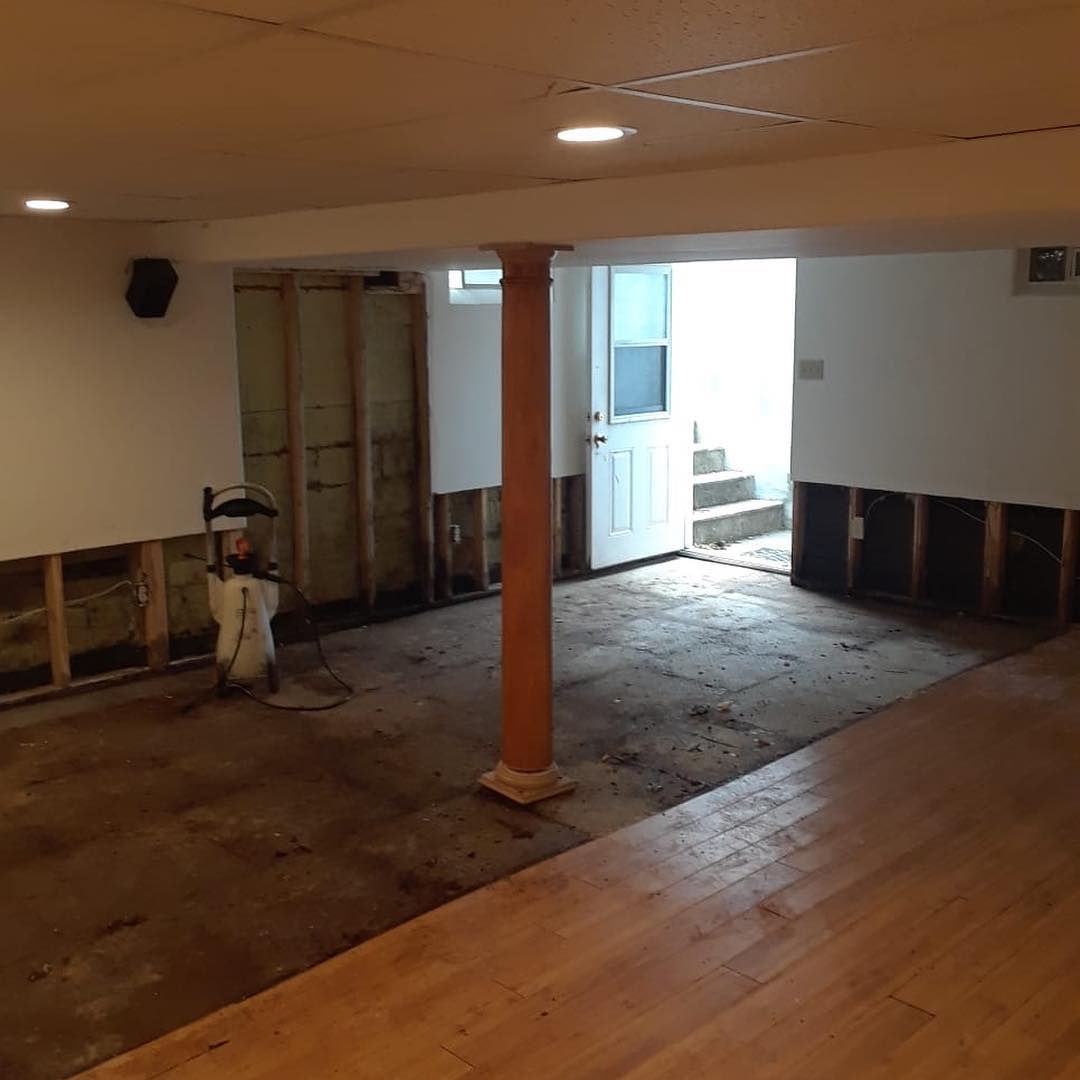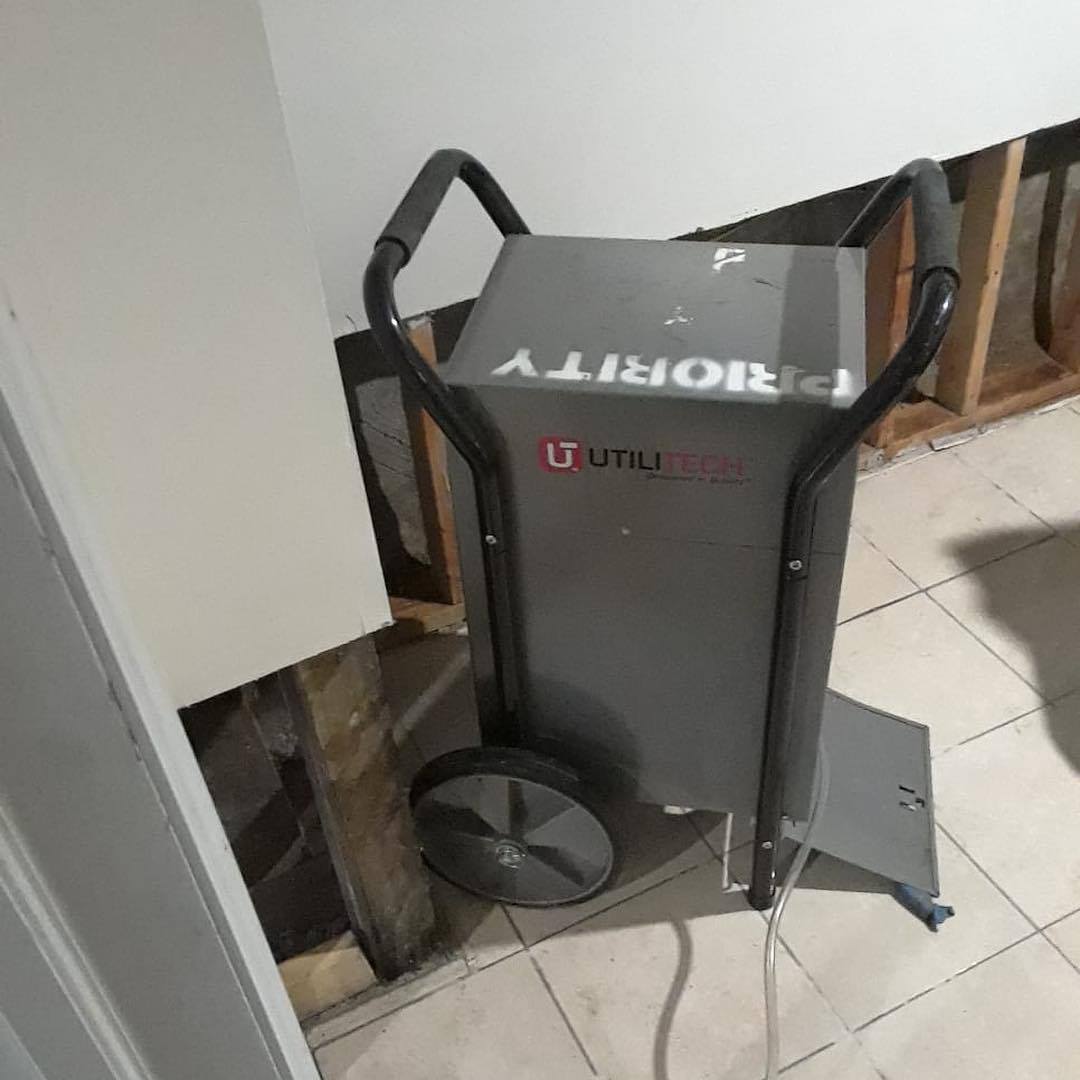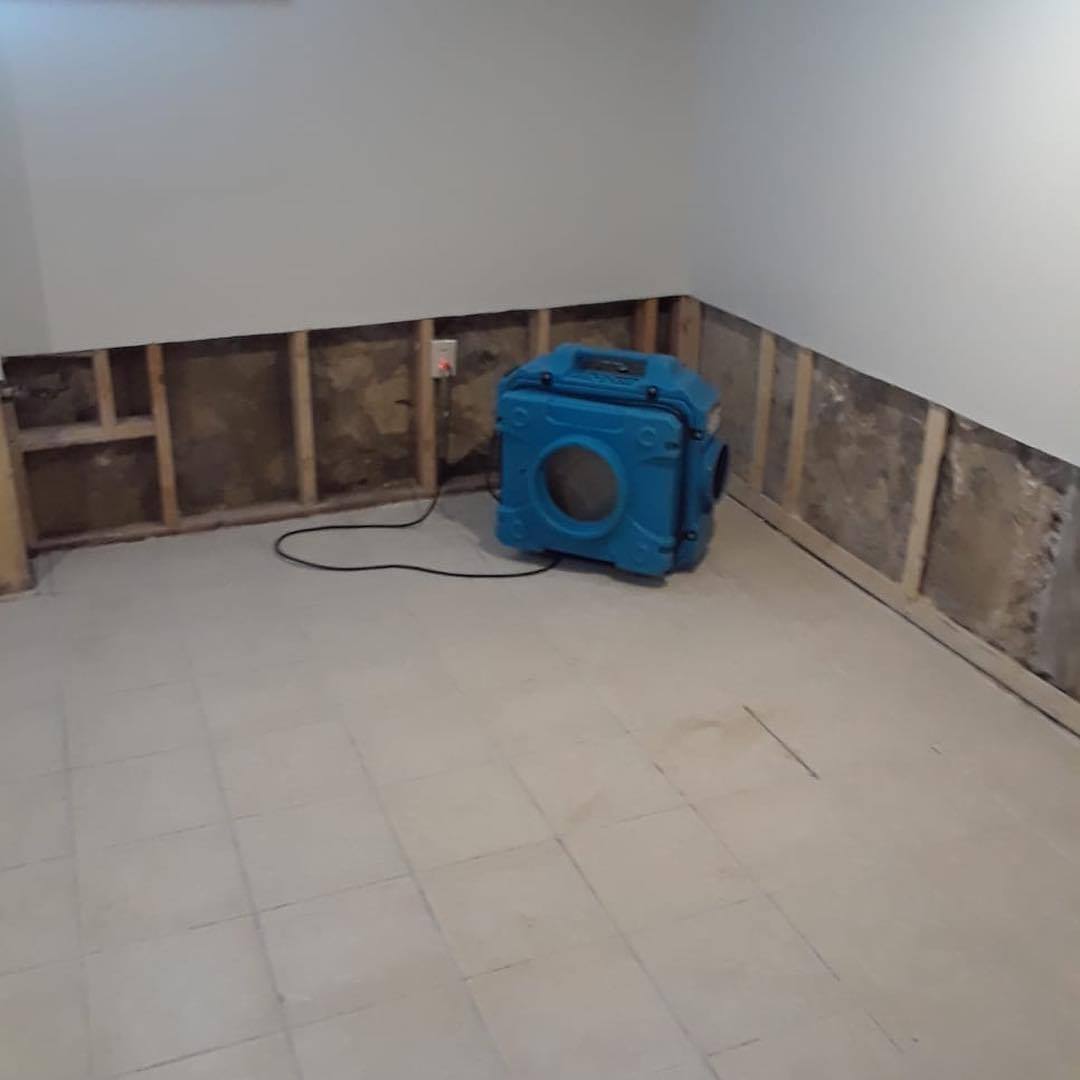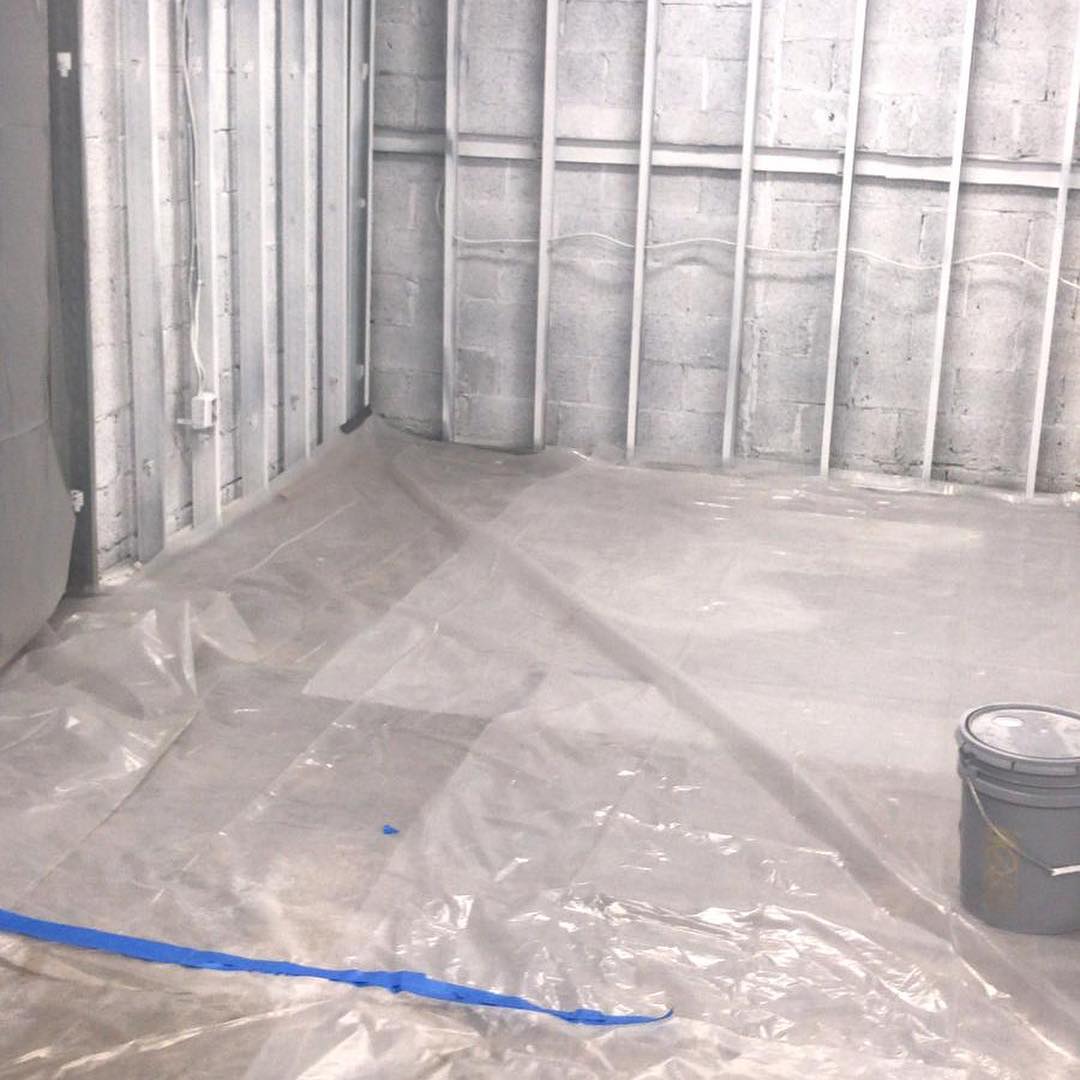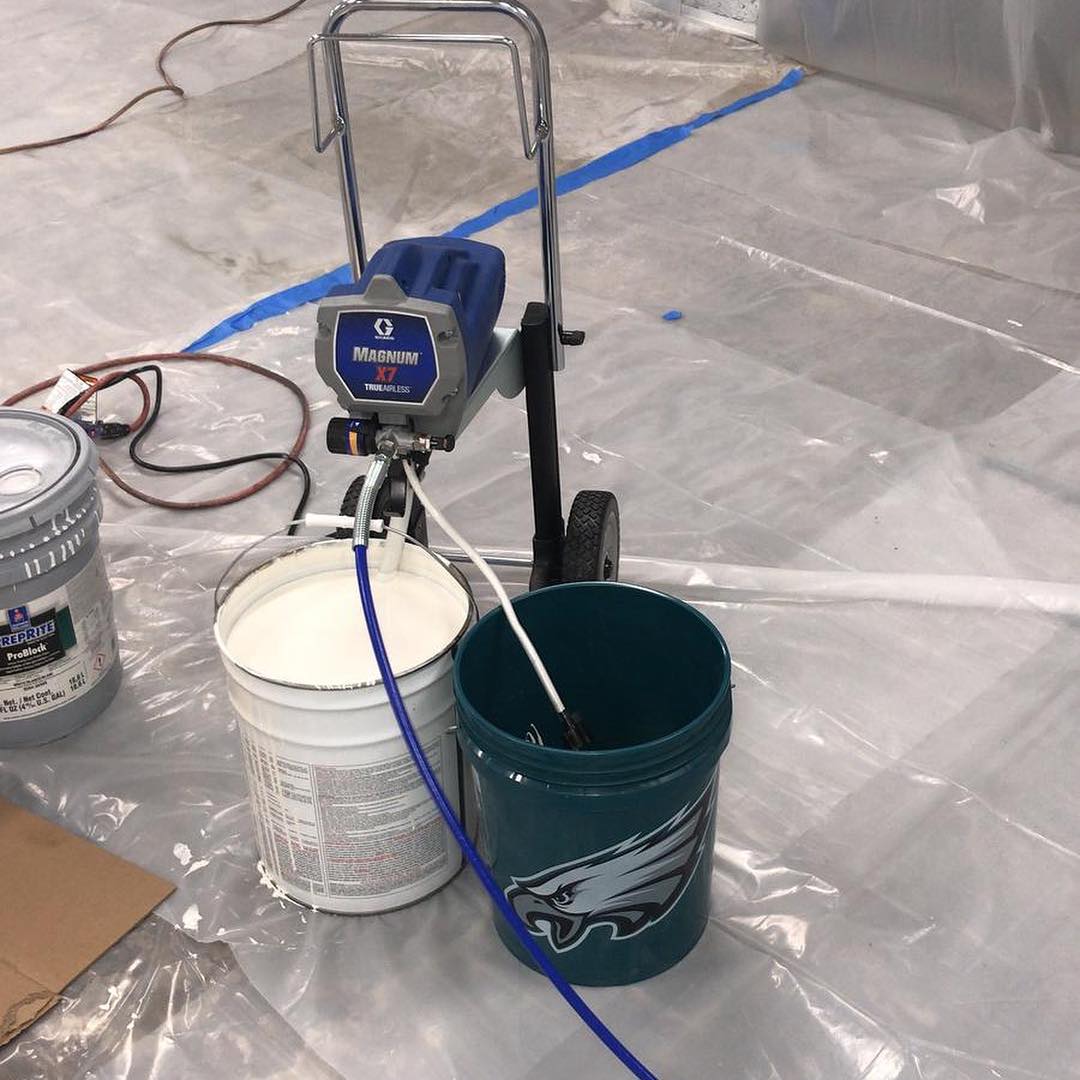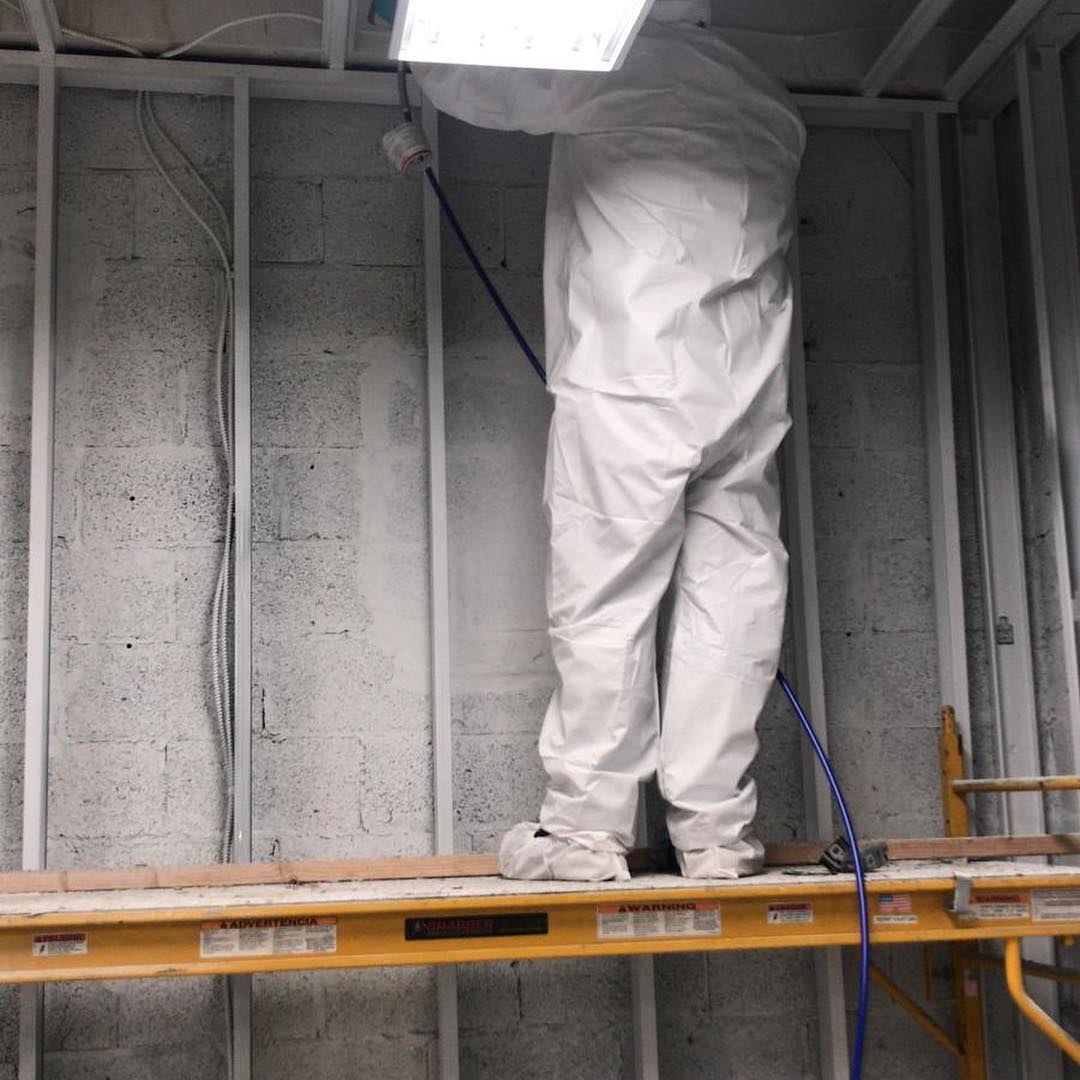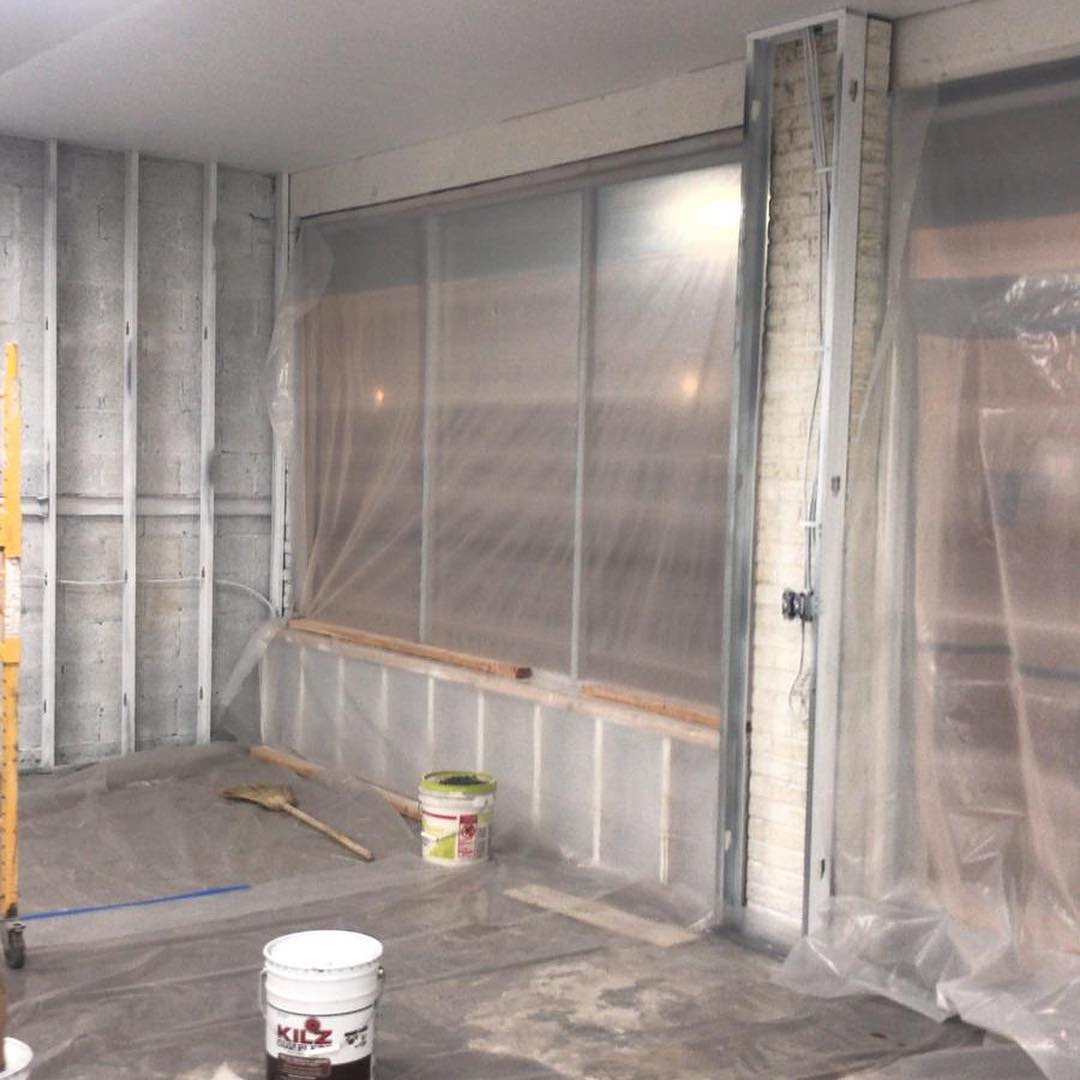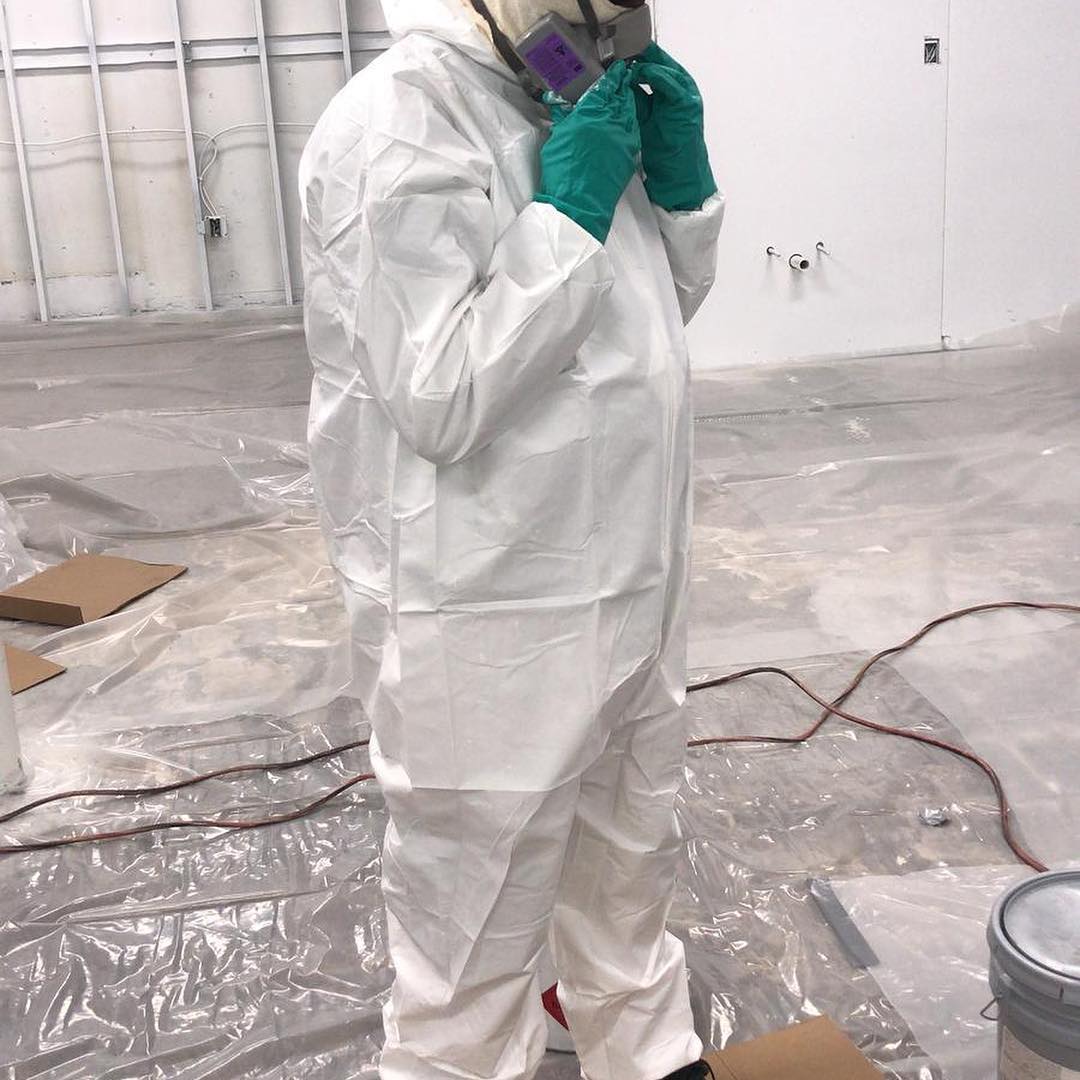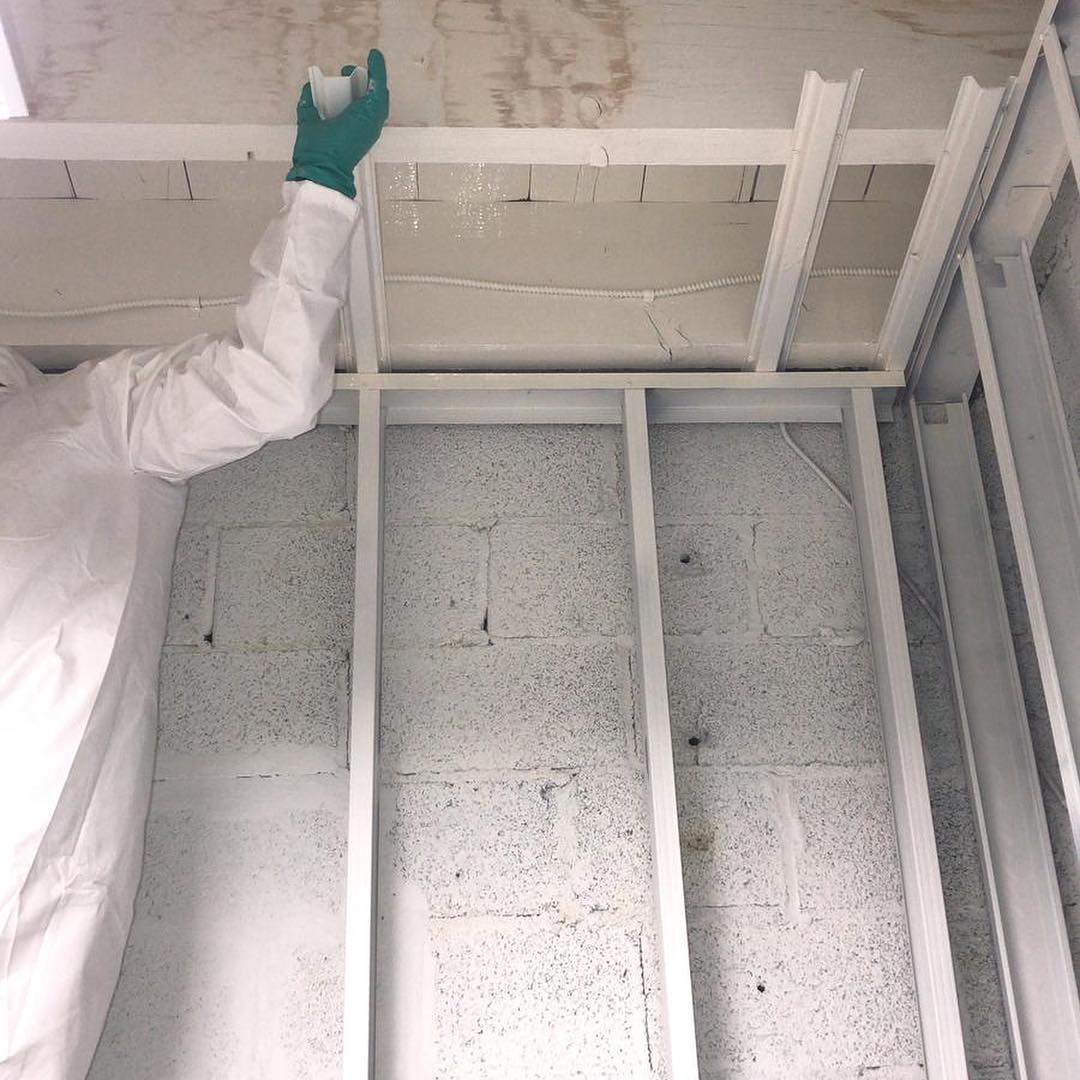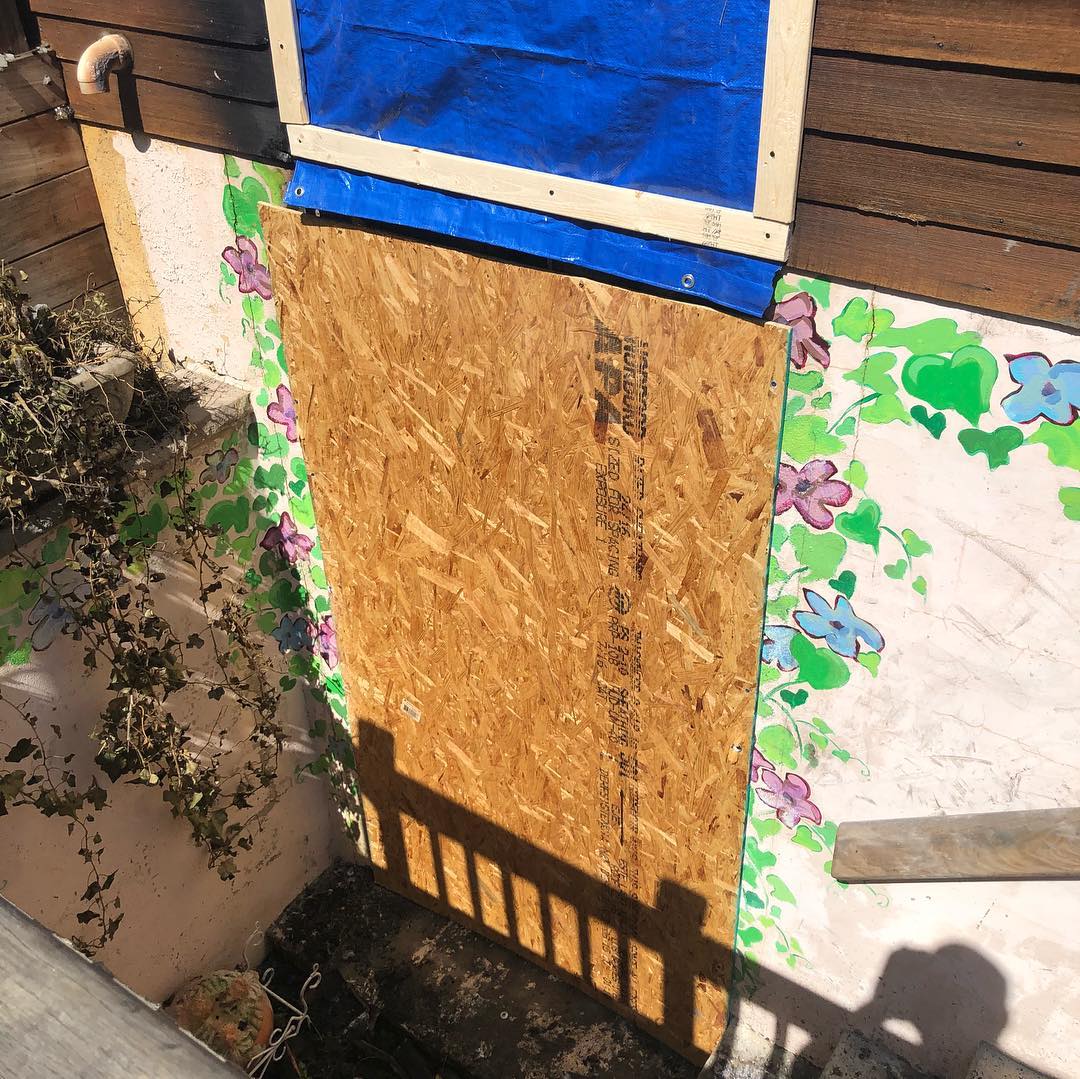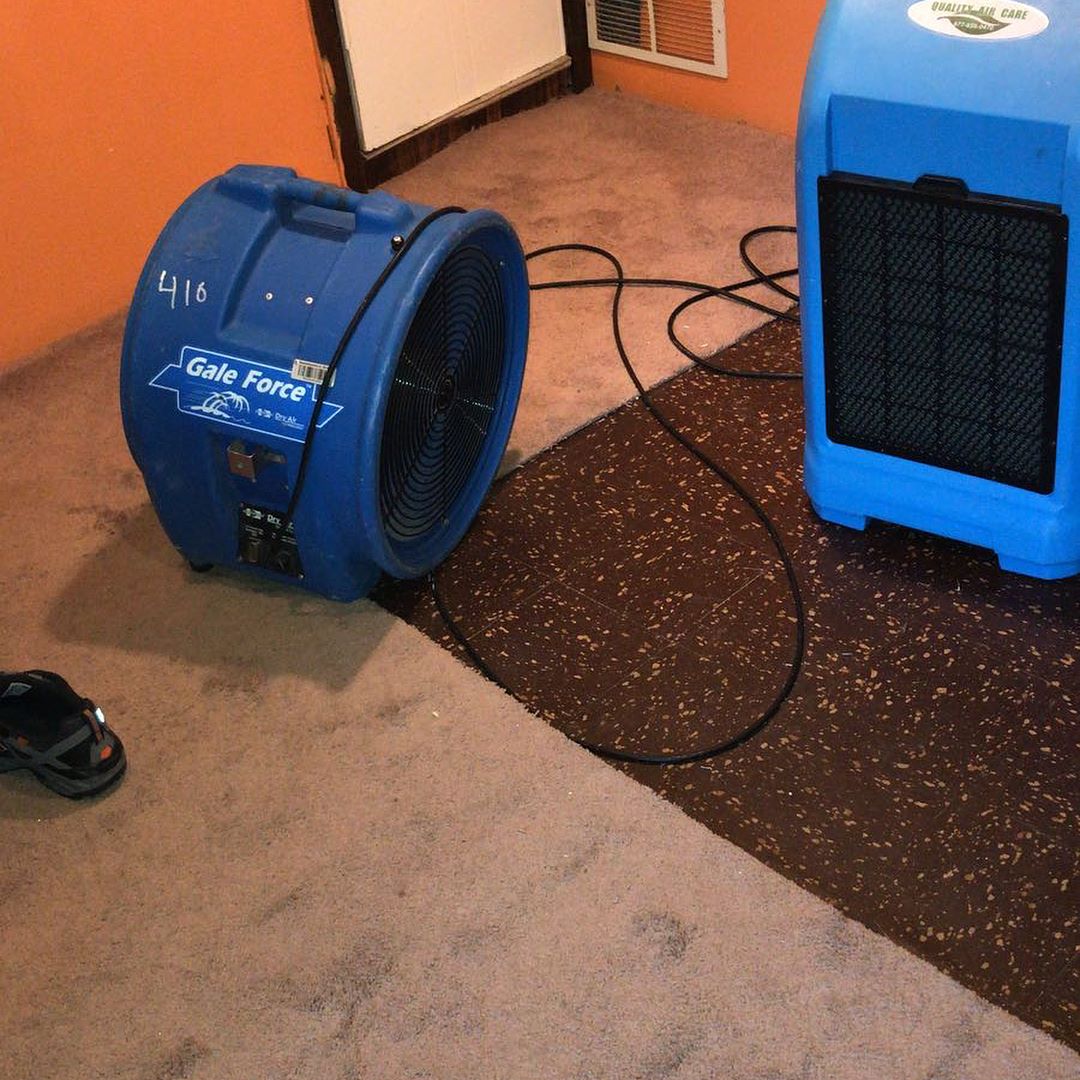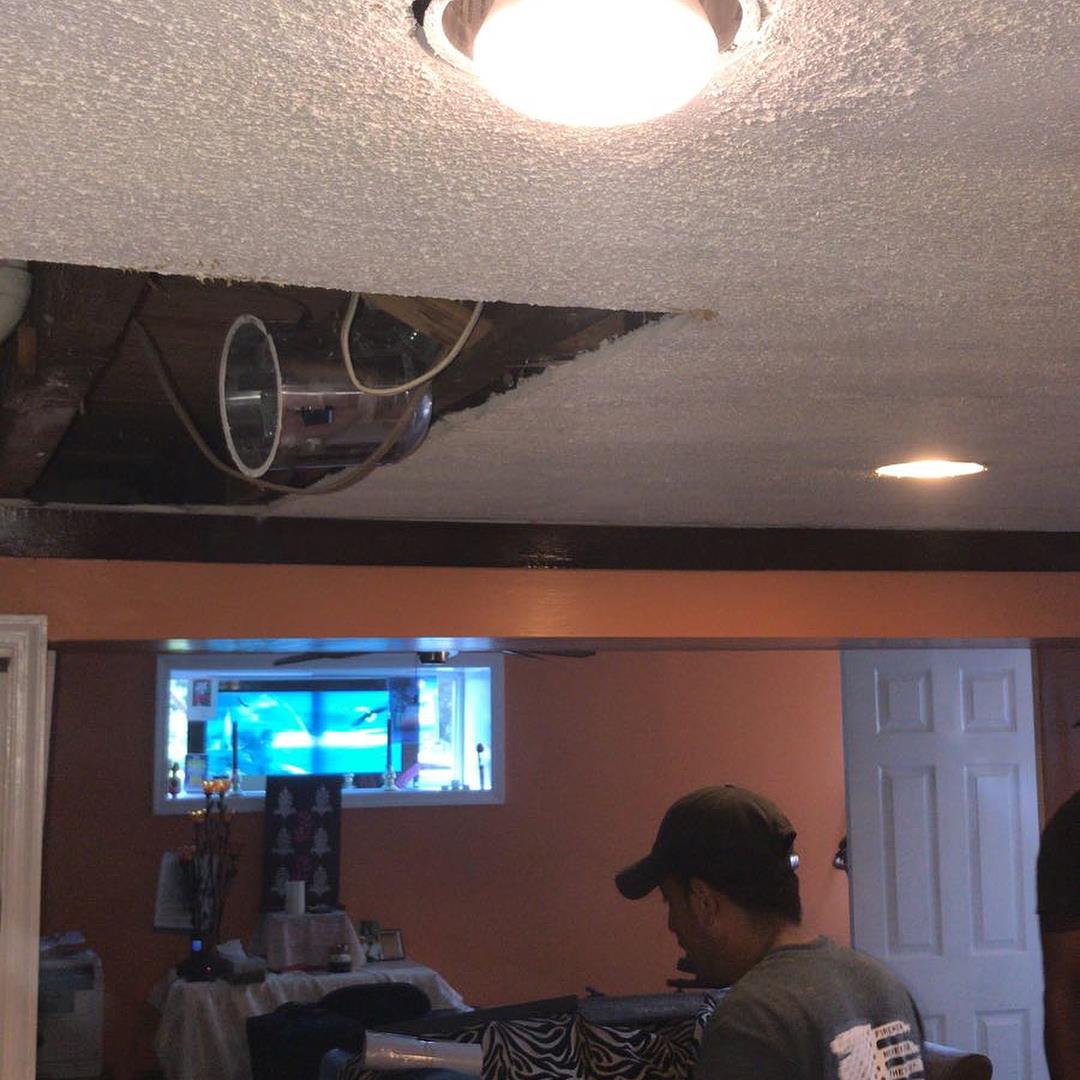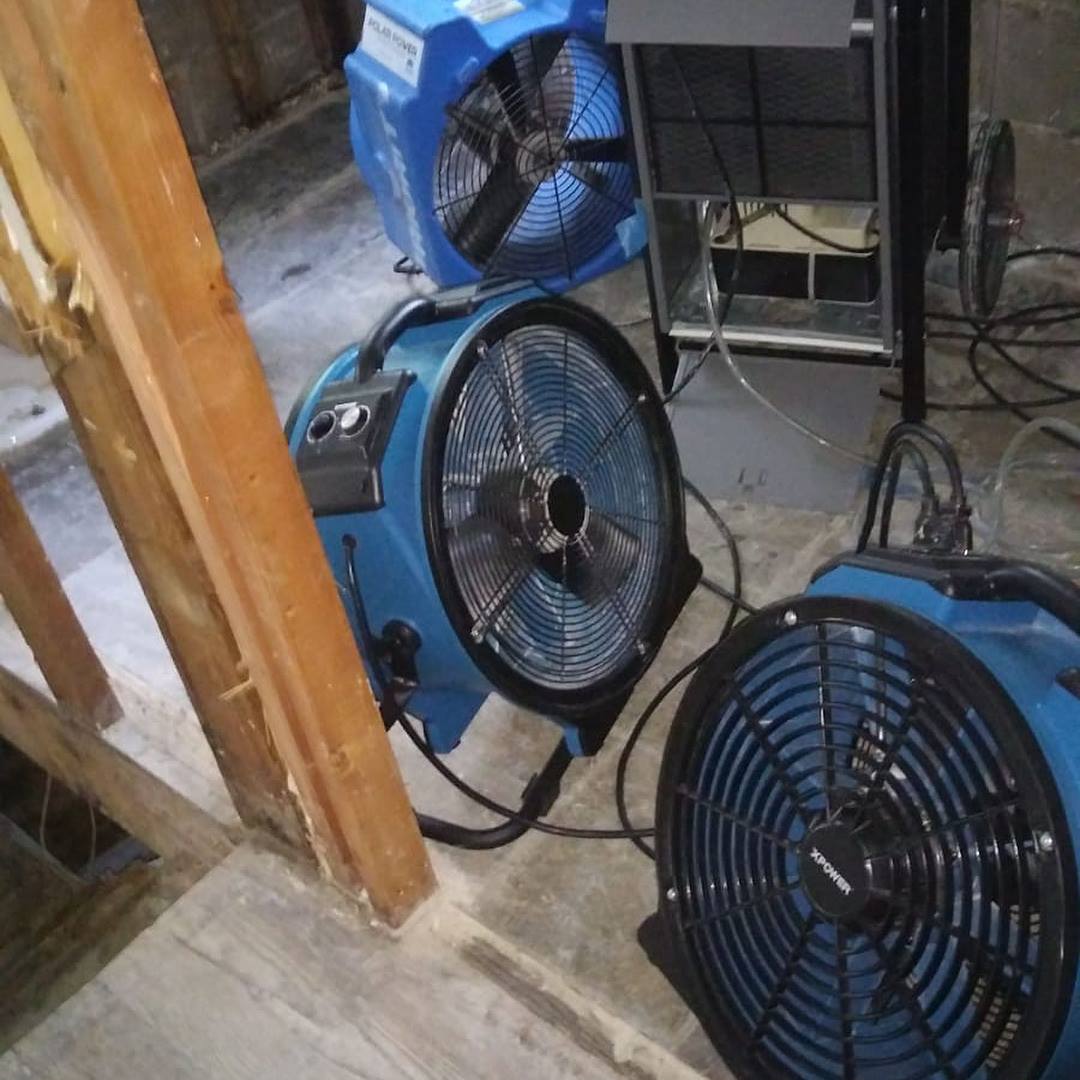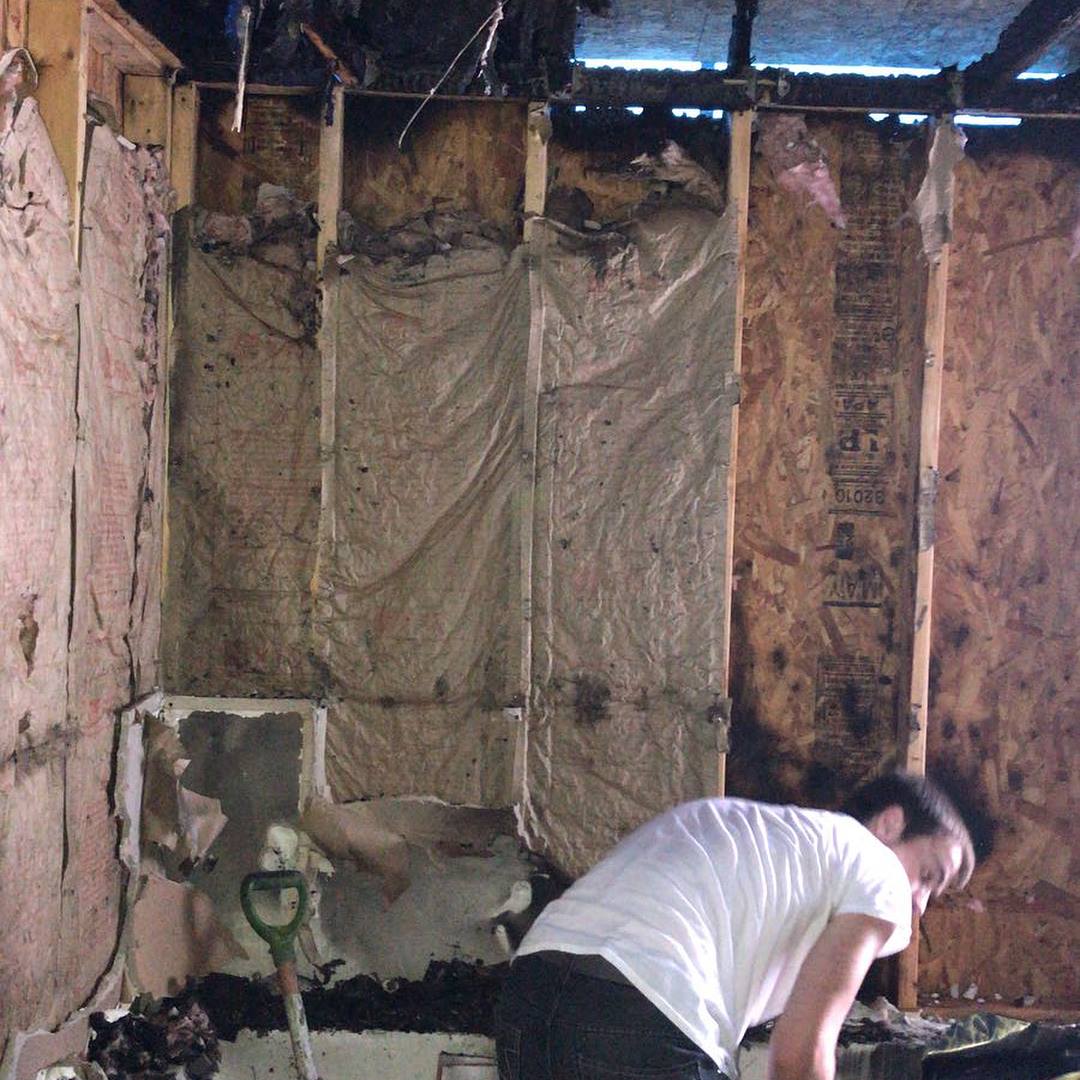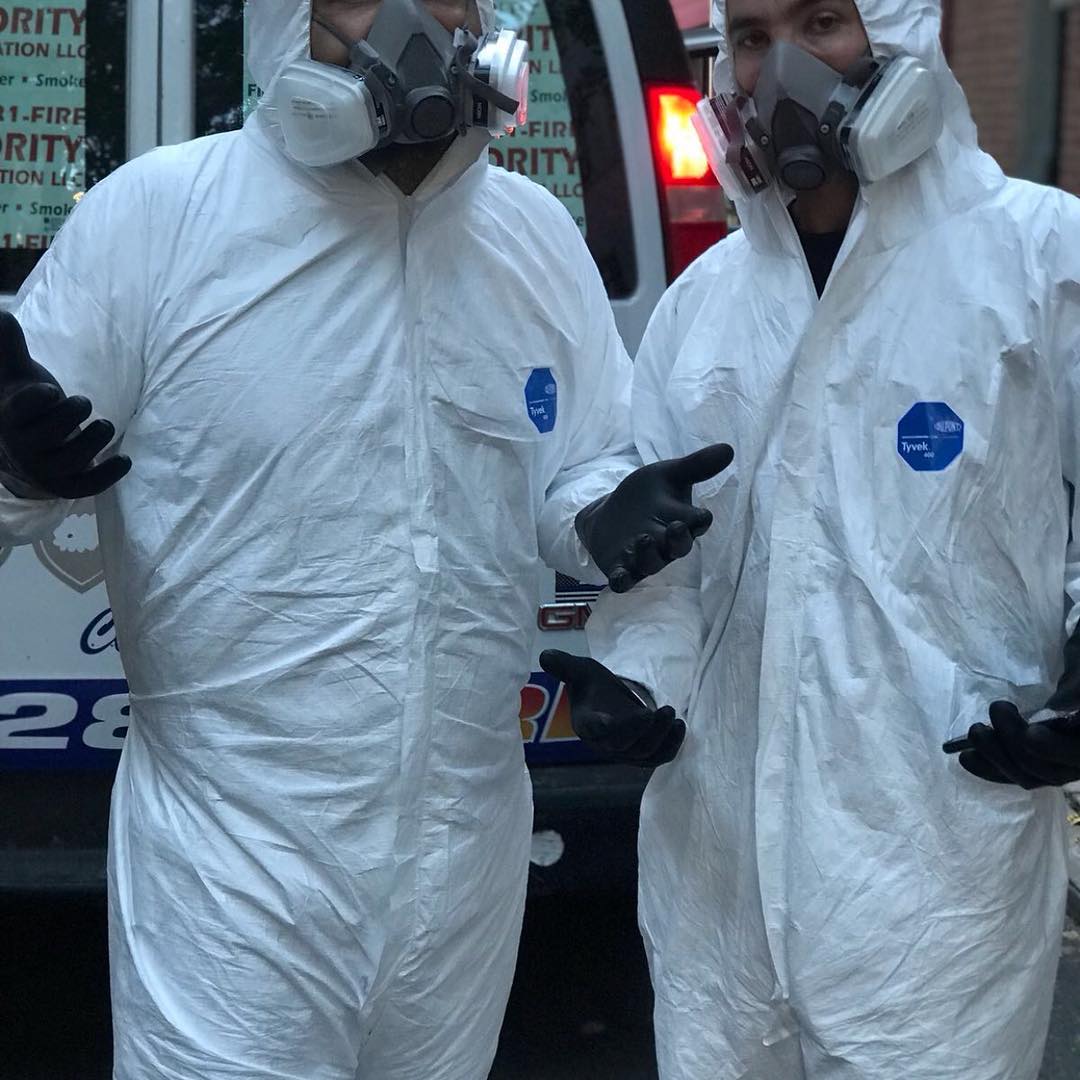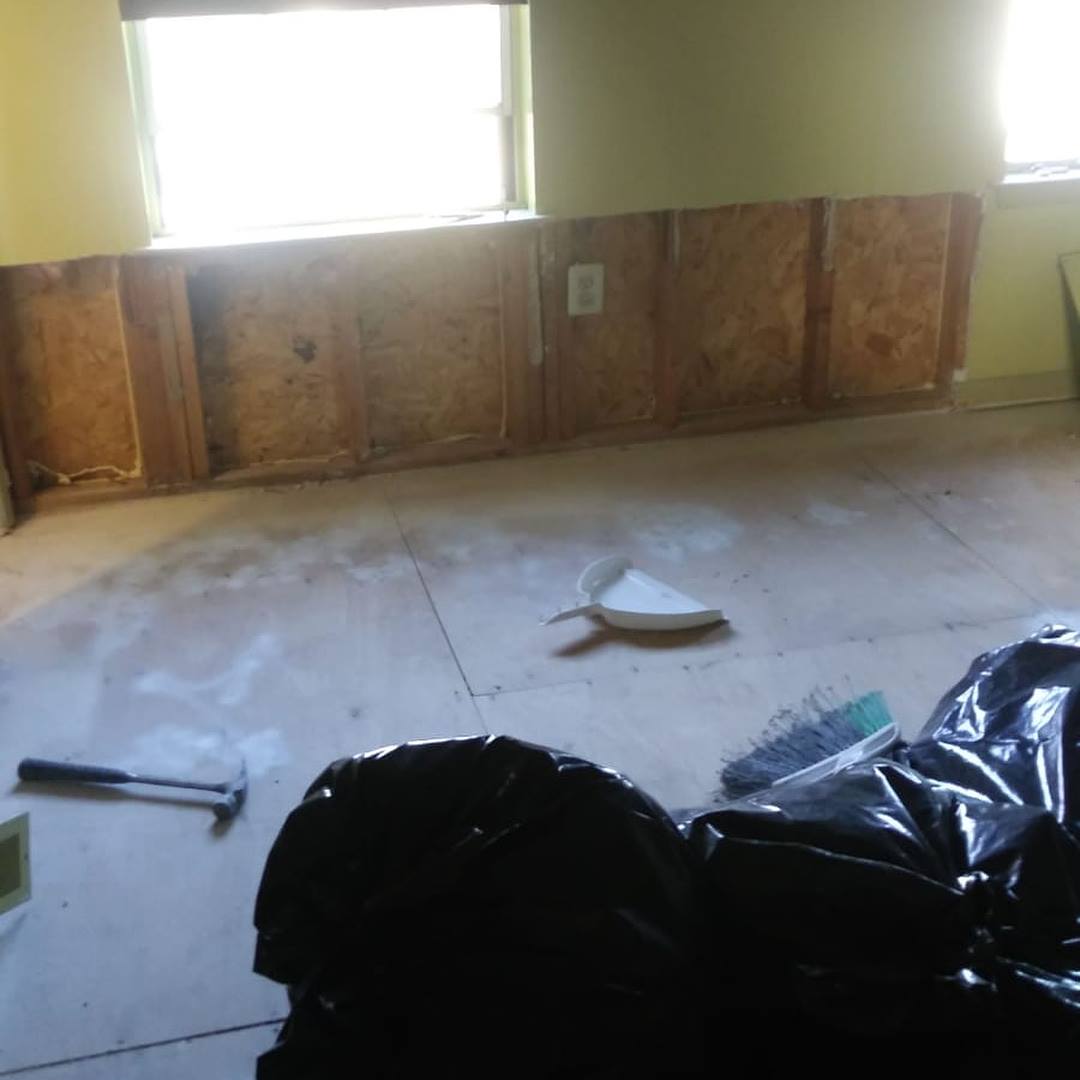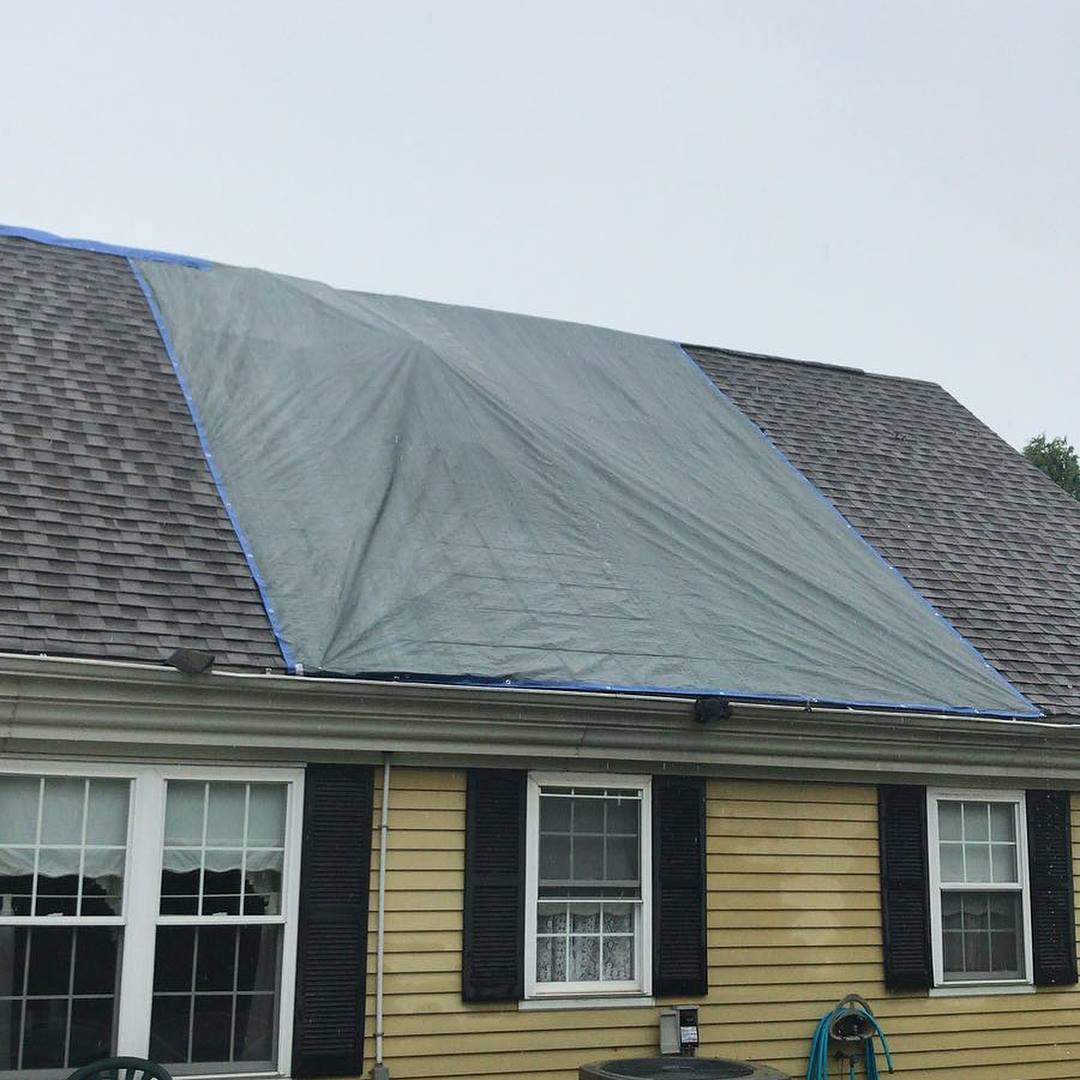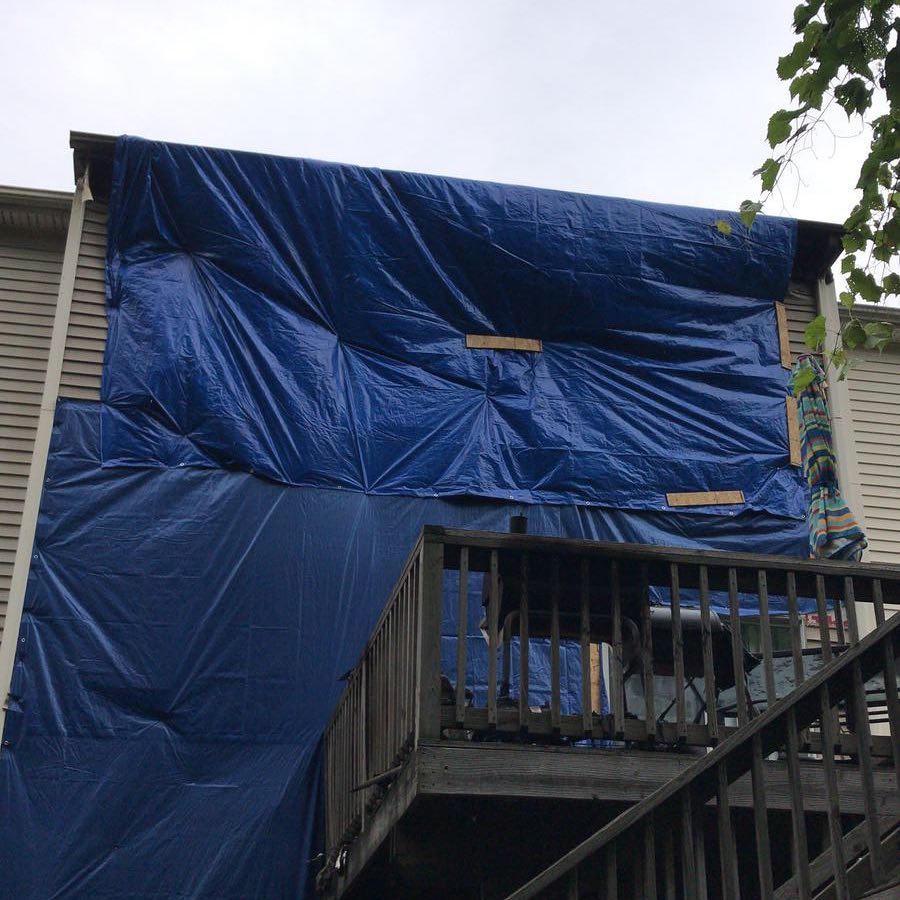
When dealing with water softener flood damage, you need a reliable and local team of Philly damage restoration experts in your corner. We've restored 100s of properties, both residential and commercial, in the Philly area and we're ready to come out and help you 24/7.
We're certified, insured, and work with all insurance companies. We understand how overwhelming it can be dealing with unexpected damage so let us assist you with your claim so you can focus on getting your life back on track.

Request a Free Estimate
or call (445) 234-4123
By submitting the form, you agree to our Terms of Service and Privacy Policy.
Water softeners are a common household appliance in Philadelphia, helping to reduce the effects of hard water on plumbing systems, appliances, and even your skin. However, like any appliance connected to your home’s water supply, a water softener can cause significant flood damage if it malfunctions or leaks. Understanding how to prevent and handle water softener-related floods is essential for every homeowner.
Understanding Water Softener Flood Risks
Water softeners work by filtering out minerals like calcium and magnesium from your water supply. They are typically connected directly to your home’s plumbing system, meaning that any malfunction or break in the system can result in a substantial water leak. If left unchecked, this can lead to severe water damage in your home, affecting floors, walls, and even the structural integrity of your property.
Common causes of water softener leaks and floods include:
- Worn-out O-rings and seals: These small components can degrade over time, leading to leaks.
- Faulty installation: Improperly installed water softeners can result in loose connections or weak joints that are prone to leaks.
- Blockages: A buildup of minerals or other debris can block the water softener, leading to pressure build-up and potential bursts.
- Overflows: The brine tank in a water softener can overflow if the float valve fails, leading to flooding.
Popular Water Softener Brands and Their Risks
In the U.S., several water softener brands are popular among homeowners, each with its unique features and potential risks:
- Culligan: A well-known brand, Culligan water softeners are generally reliable. However, there have been reports of leaks due to worn seals and O-rings. Homeowners should regularly inspect these components to prevent water damage.
- Kenmore: Known for their affordability, Kenmore water softeners are widely used but have been subject to various recalls. One notable recall involved a defect in the valve, which could cause leaks and flooding.
- Whirlpool: Whirlpool water softeners are another popular choice, but they are not immune to leaks. Issues often arise from improper installation or failure to maintain the system regularly.
- Fleck: Fleck water softeners are highly regarded for their durability. However, like any system, they can develop leaks over time, particularly if not maintained properly.
It’s essential to stay informed about any recalls or advisories related to your water softener brand. Manufacturers typically issue these notices when a defect that could cause water damage is discovered. Regularly check the Consumer Product Safety Commission (CPSC) website for updates on your water softener model.
Preventing Water Softener Flood Damage
Preventing water softener flood damage involves regular maintenance and early detection of potential issues:
- Regular Inspections: Routinely check the O-rings, seals, and connections for wear and tear. Replace any components that appear degraded.
- Proper Installation: Ensure that your water softener is installed by a qualified professional. Improper installation is a common cause of leaks and floods.
- Monitor Water Usage: Pay attention to unusual increases in water usage, which could indicate a leak in your water softener.
- Install a Leak Detector: Consider installing a leak detector near your water softener. These devices can alert you to a leak before it causes significant damage.
- Know How to Shut Off Your Water: In the event of a leak, quickly shutting off the water supply to your water softener can prevent extensive flood damage.
What to Do If Your Water Softener Causes a Flood
If you discover that your water softener has caused a flood in your Philadelphia home, quick action is essential:
- Shut Off the Water Supply: Immediately turn off the water supply to prevent further flooding.
- Call a Professional: Contact a water damage restoration company like Philly Damage Restoration. Time is of the essence in minimizing the impact of water damage, and professionals can ensure that all affected areas are properly dried and restored.
- Document the Damage: Take photos and notes of the damage for your homeowners insurance claim. Philly Damage Restoration can also assist with the claims process.
- Check Your Insurance Policy: Review your homeowners insurance policy to determine if it covers water damage caused by appliances like water softeners. Some policies may have exclusions or require additional endorsements for appliance-related water damage.
Recalls and Advisories: Staying Informed
Several water softener brands have been subject to recalls and advisories over the years. These recalls are usually due to manufacturing defects that can lead to leaks or floods. For example, a previous recall involved a Kenmore model that had a defective valve, posing a flood risk. Homeowners should register their appliances with the manufacturer to receive timely updates on recalls and advisories.
Regularly visiting the CPSC website or signing up for alerts can help you stay informed about potential risks with your water softener. If you discover that your model is subject to a recall, follow the manufacturer’s instructions to repair or replace the defective part.
Frequently Asked Questions About Water Softener Flood Damage in Philly
Signs that your water softener may be at risk include unusual water usage, visible leaks around the unit, or corrosion on seals and O-rings. Regular inspection and maintenance can help you detect these issues early.





















